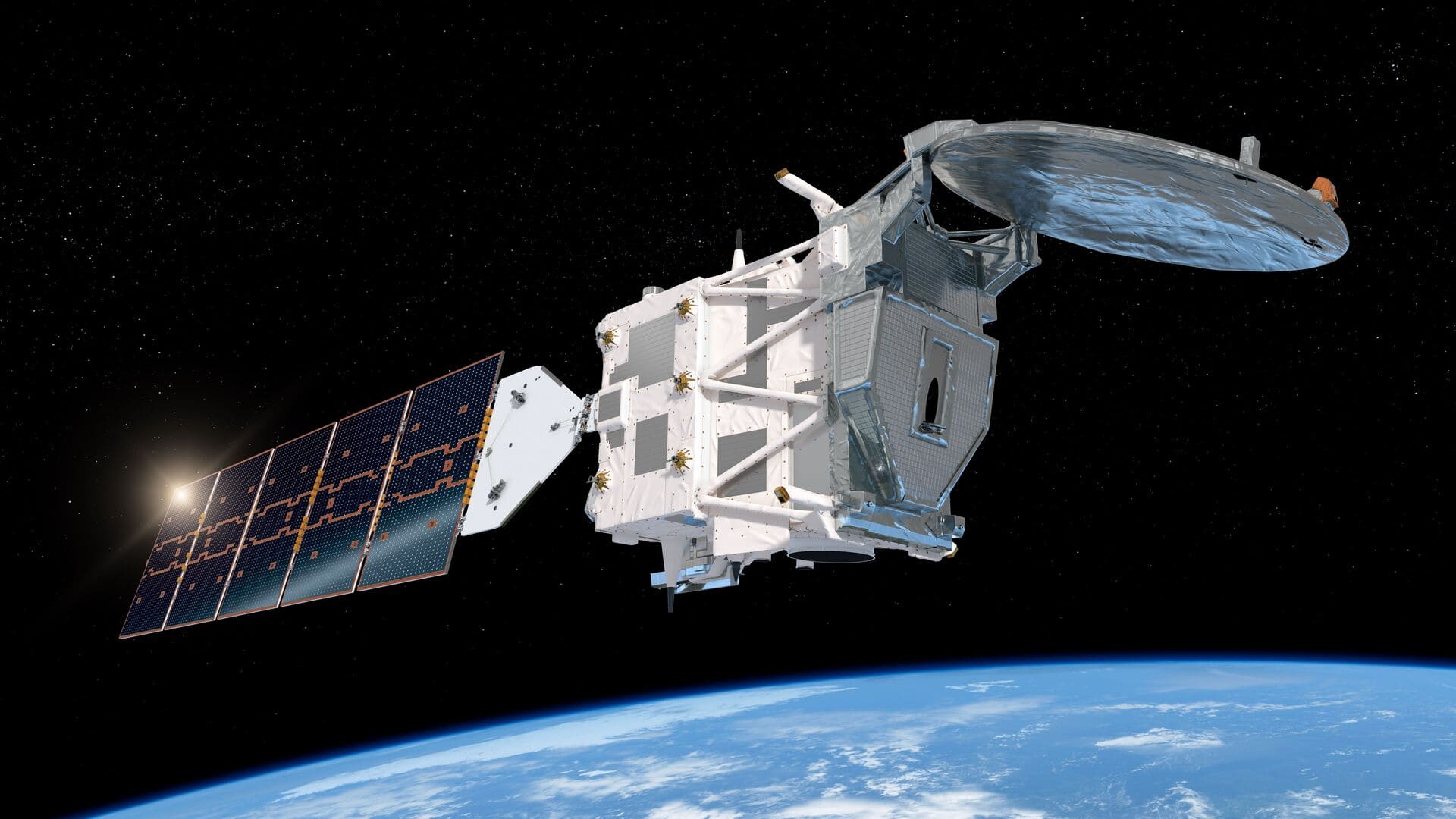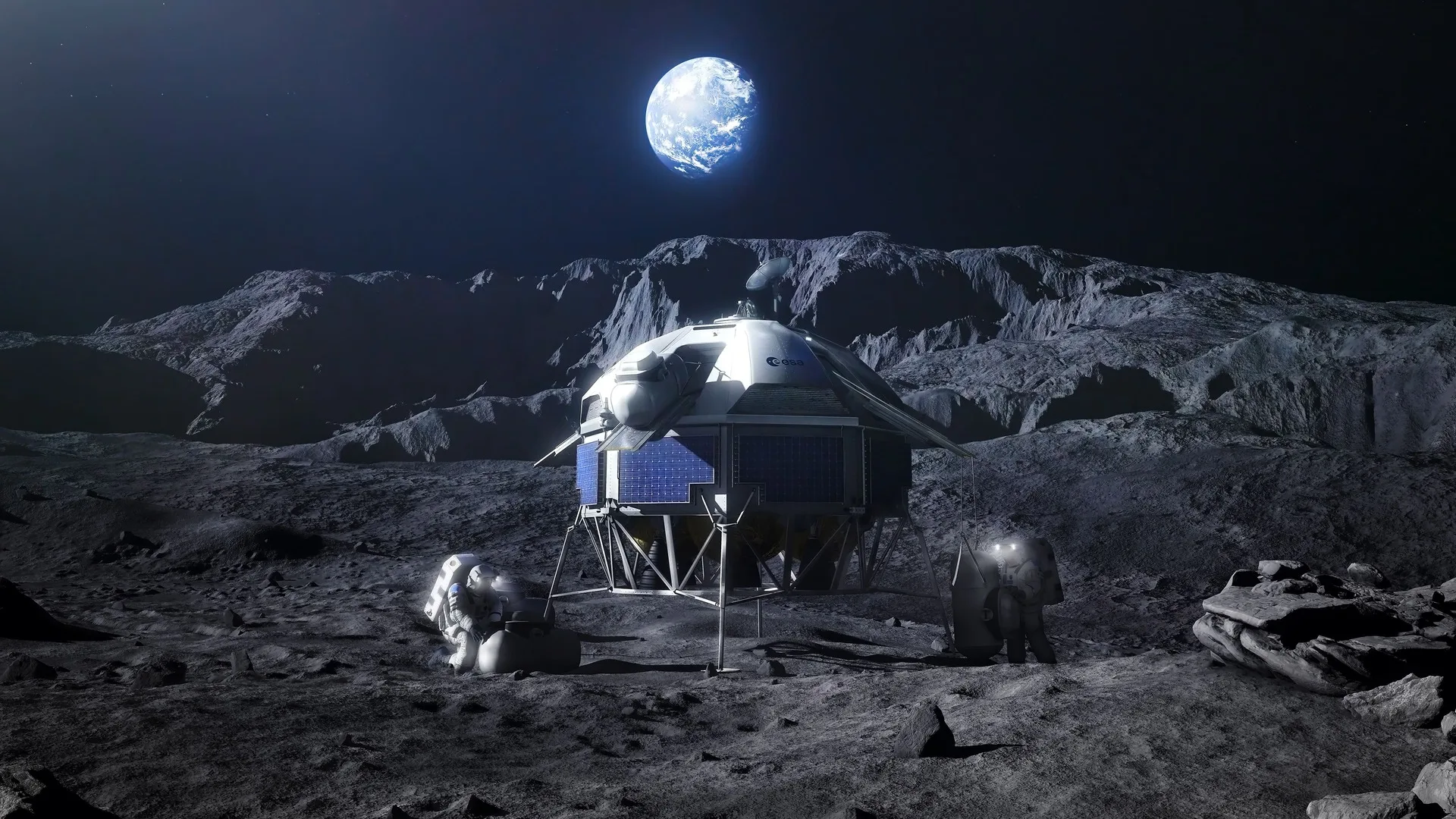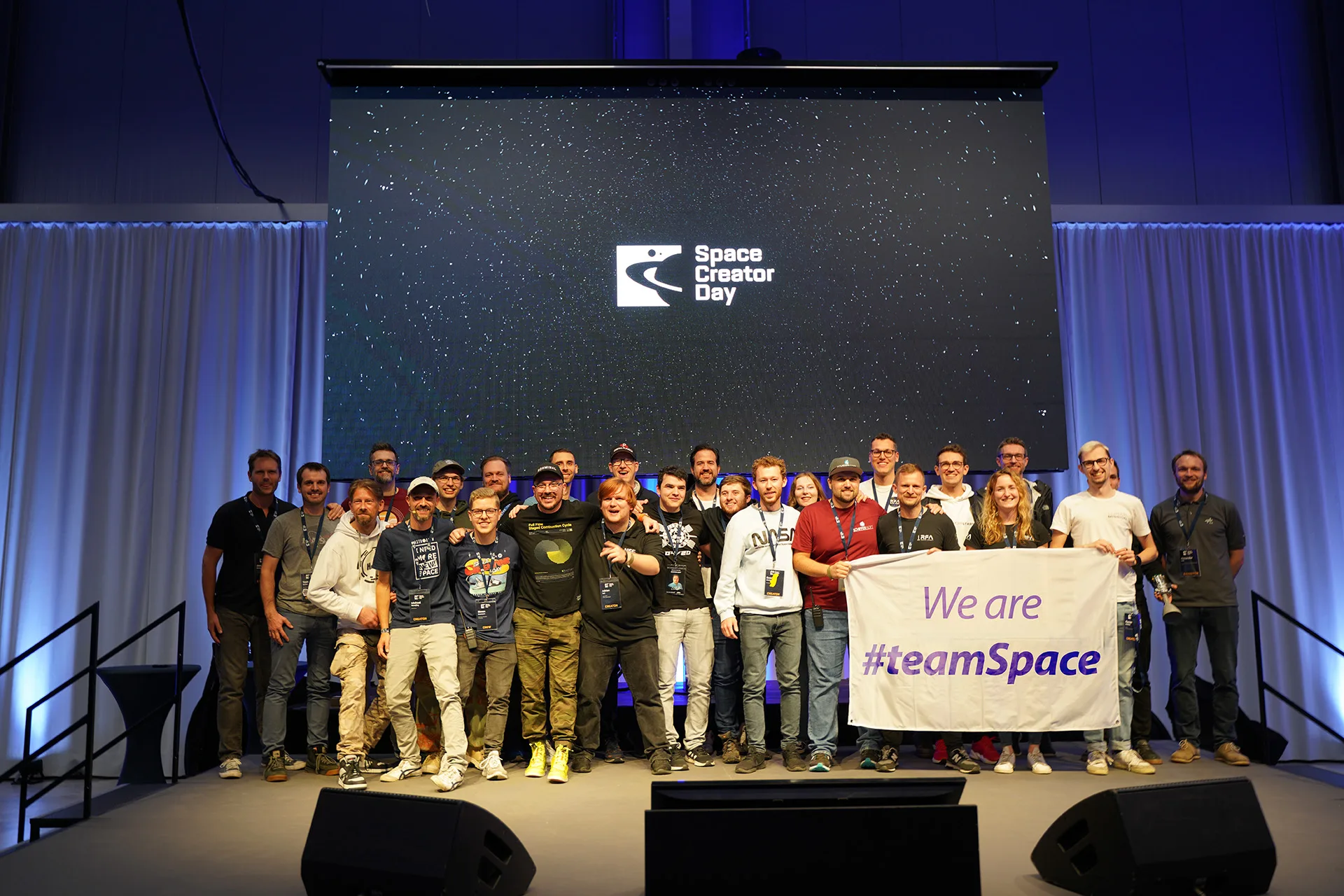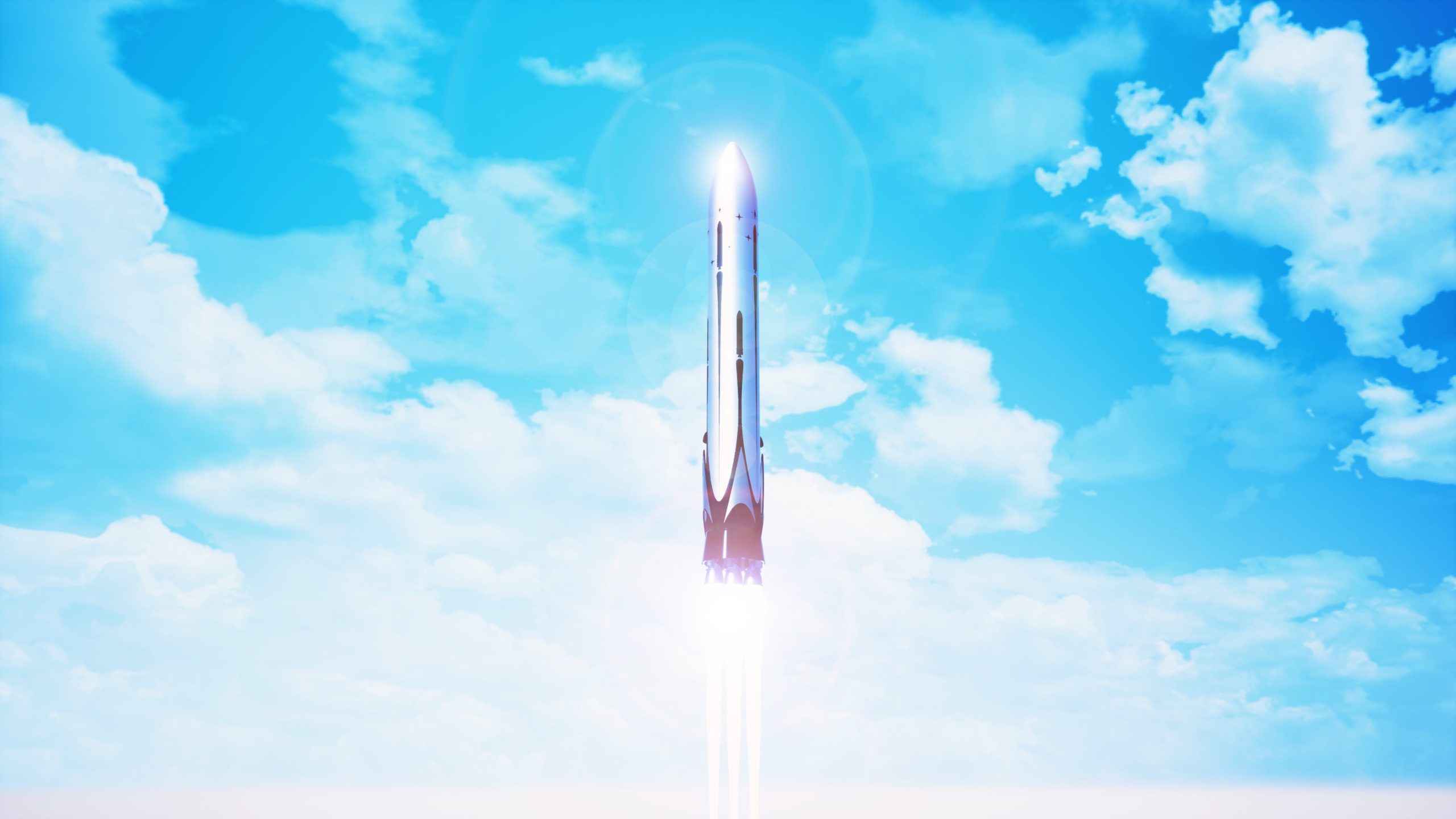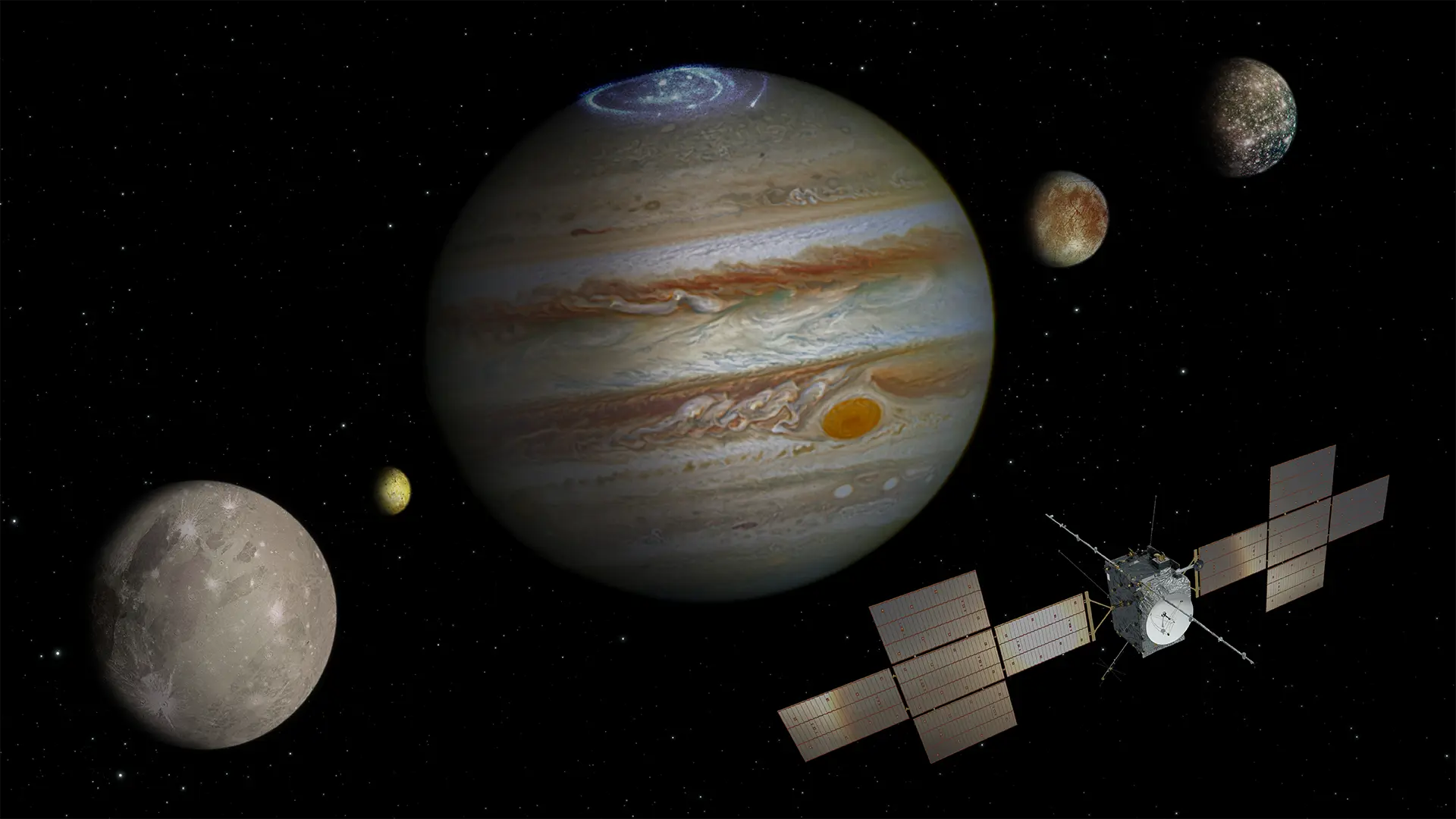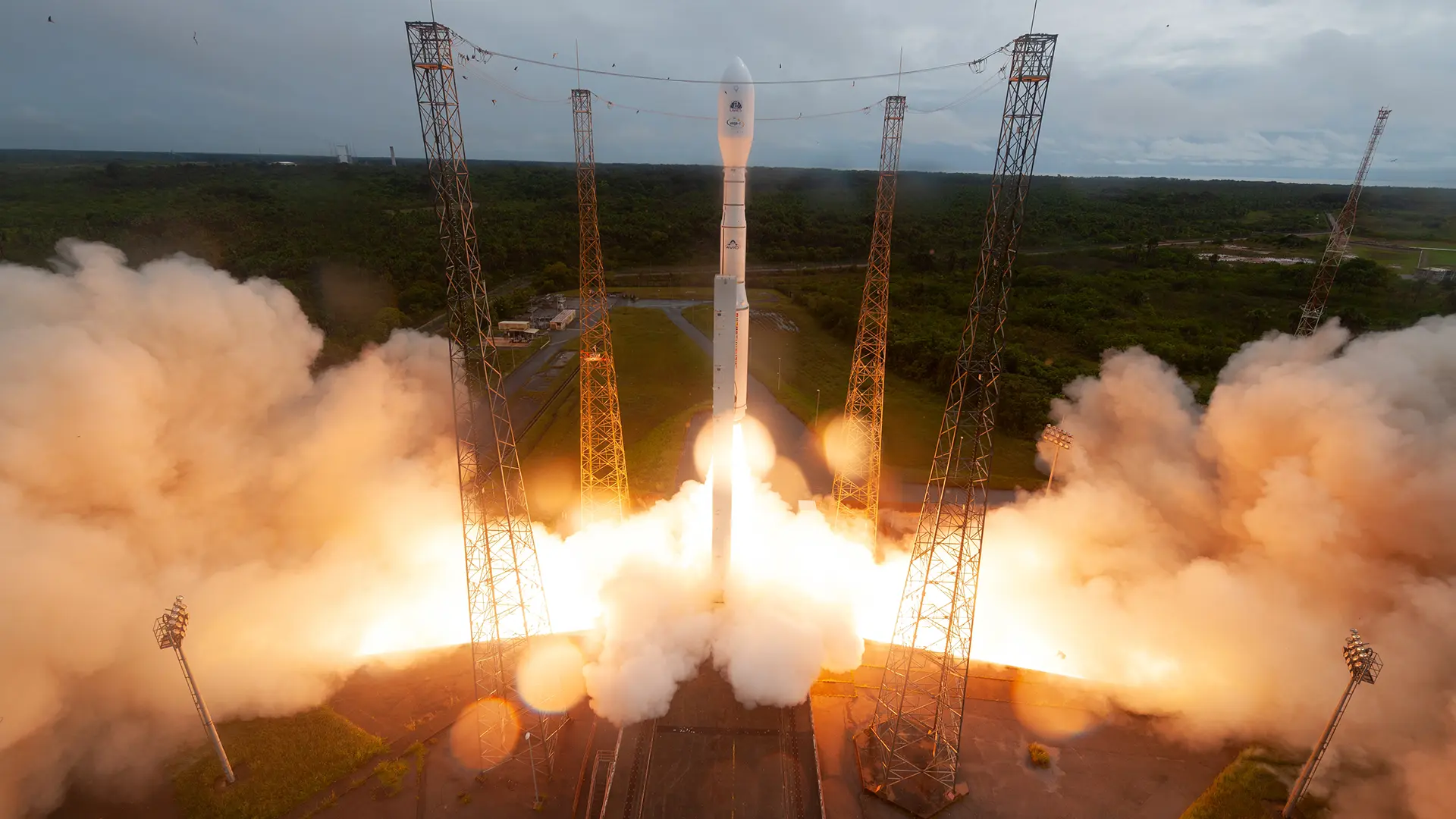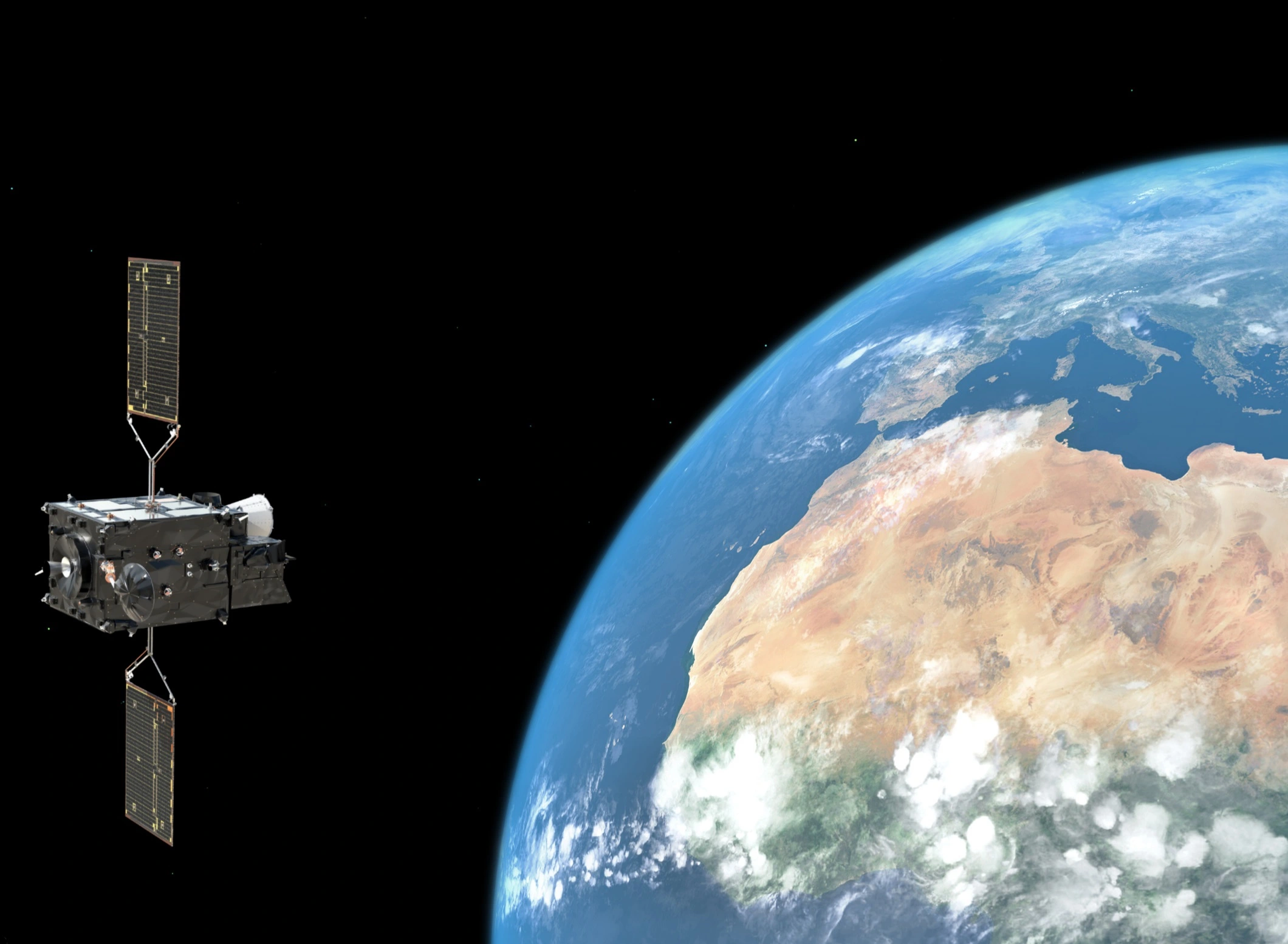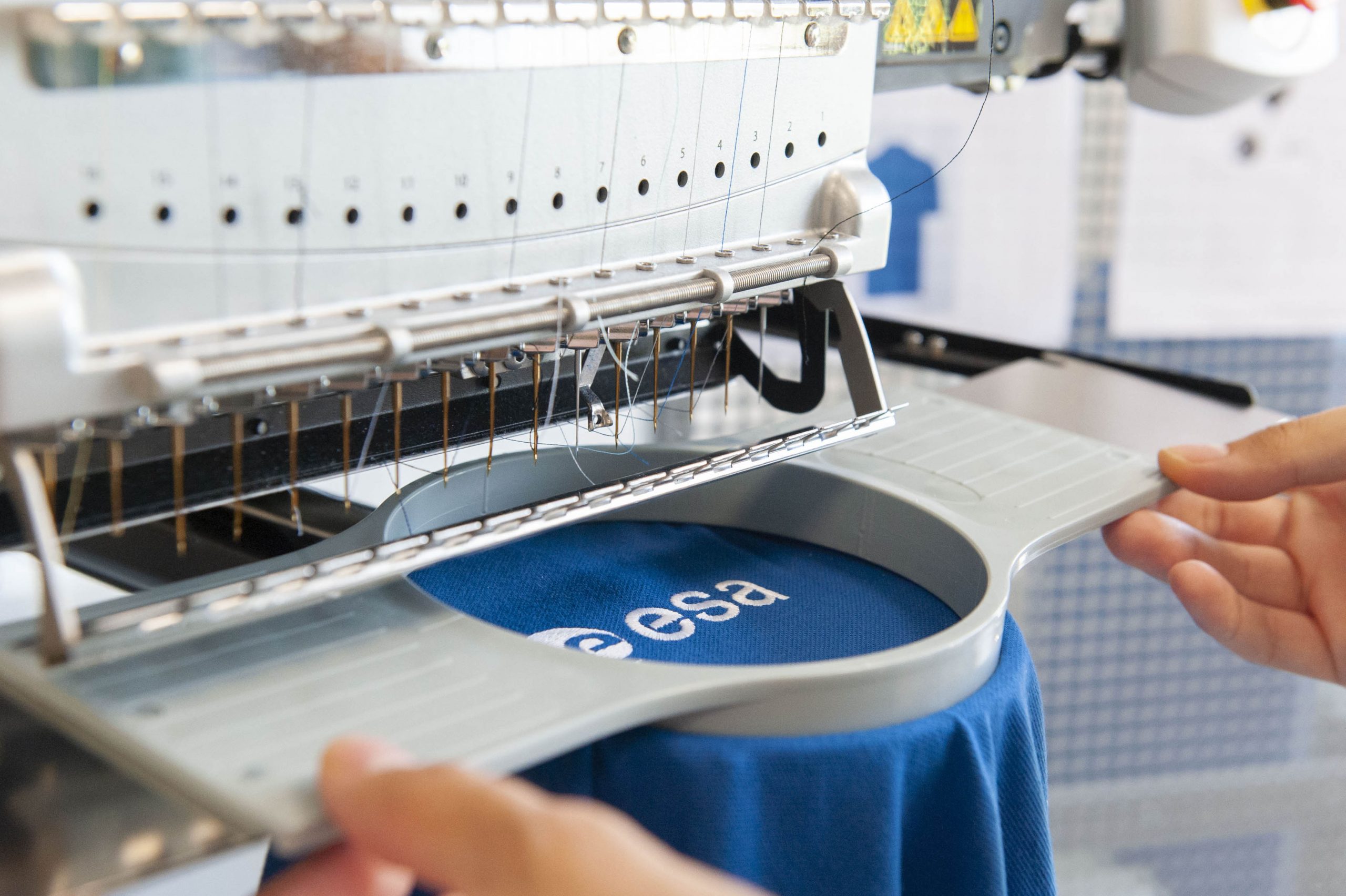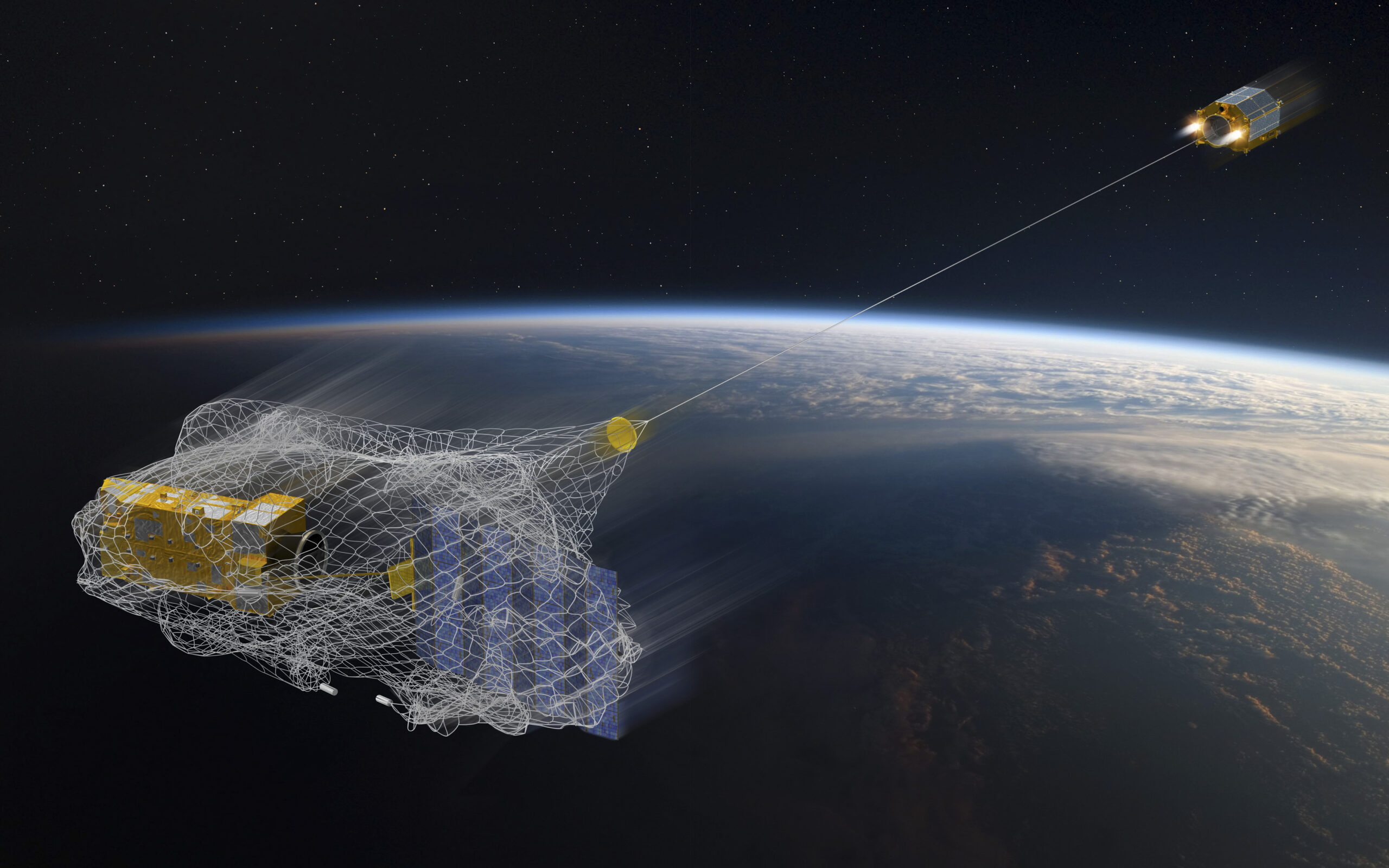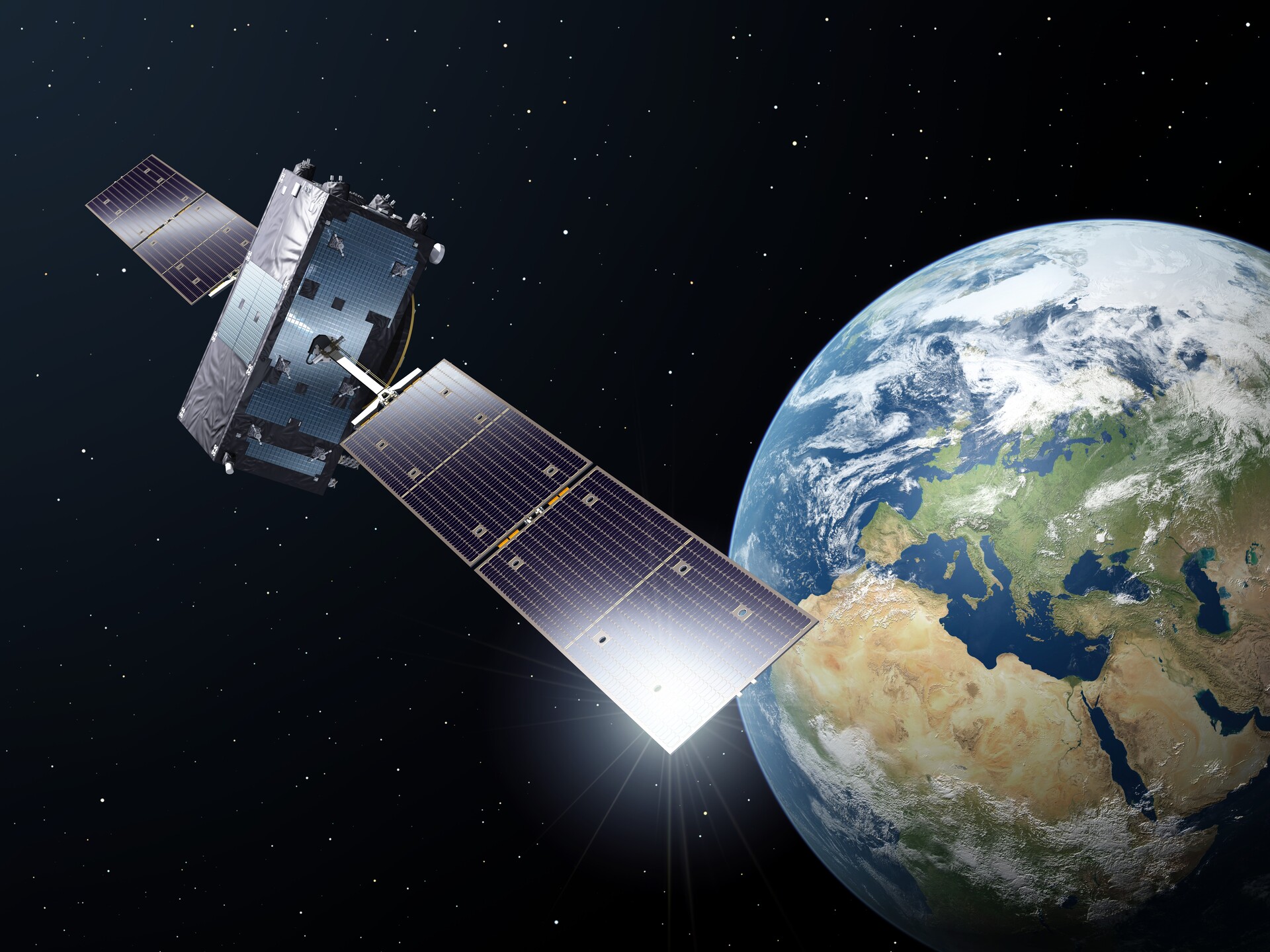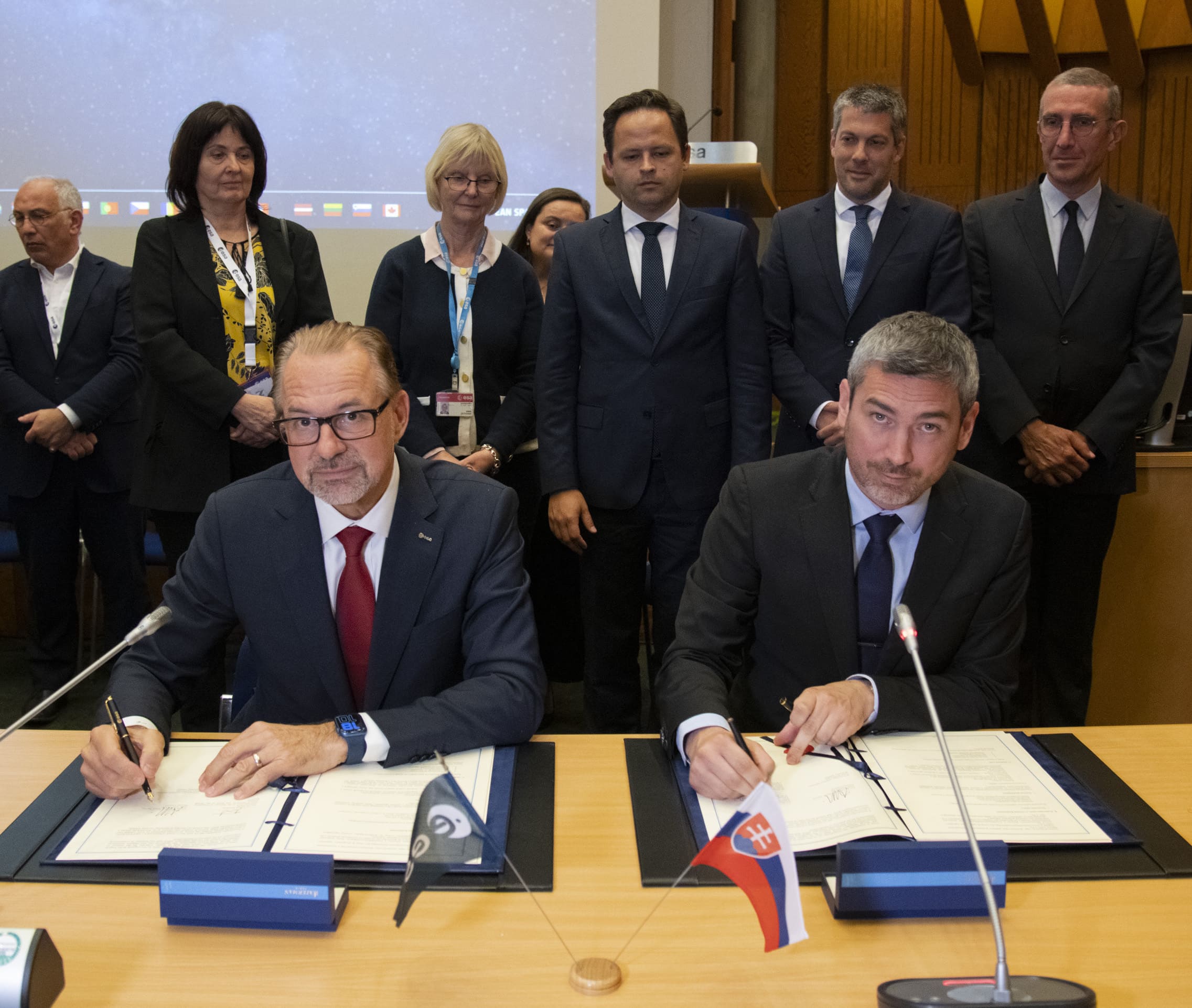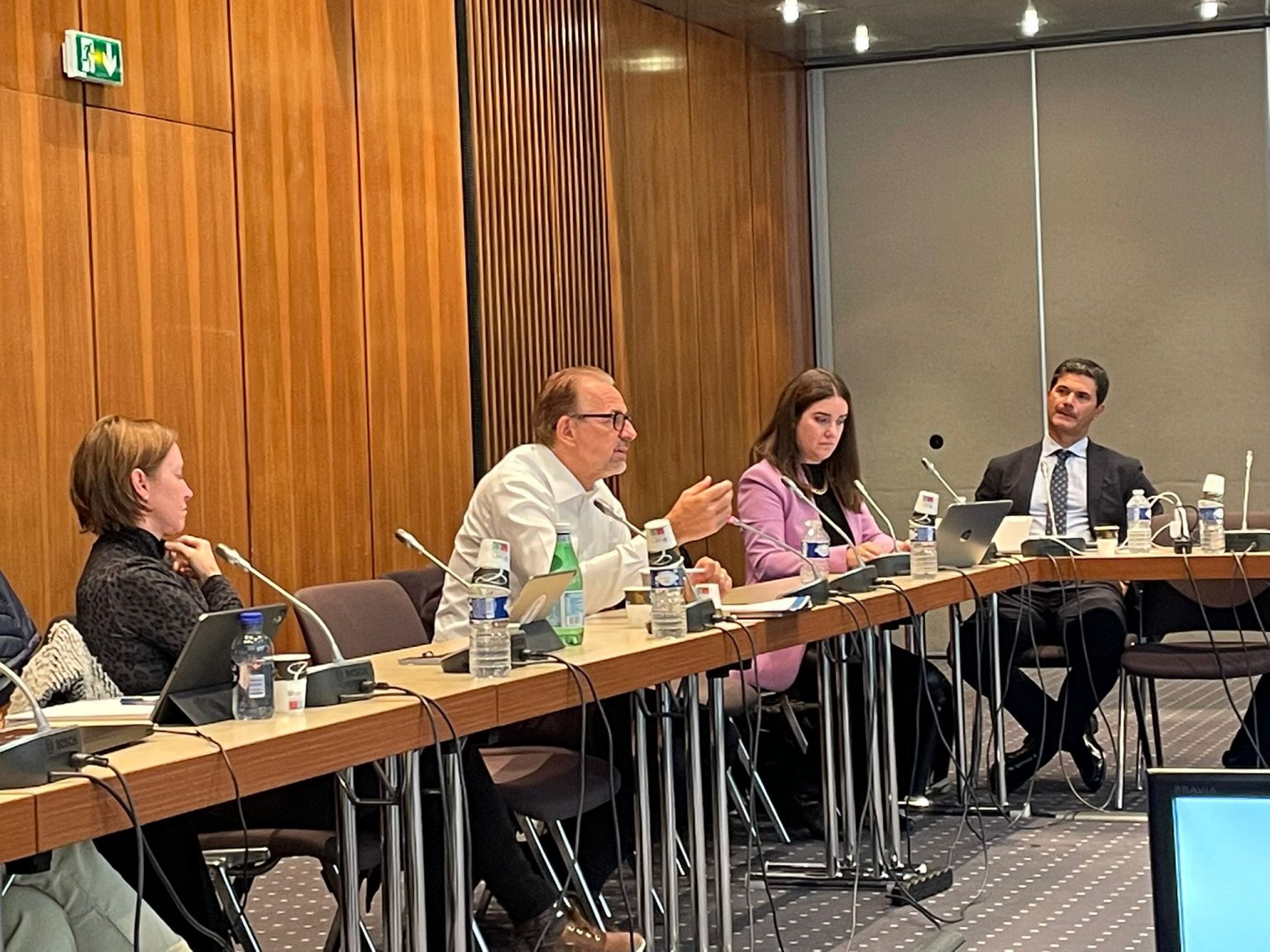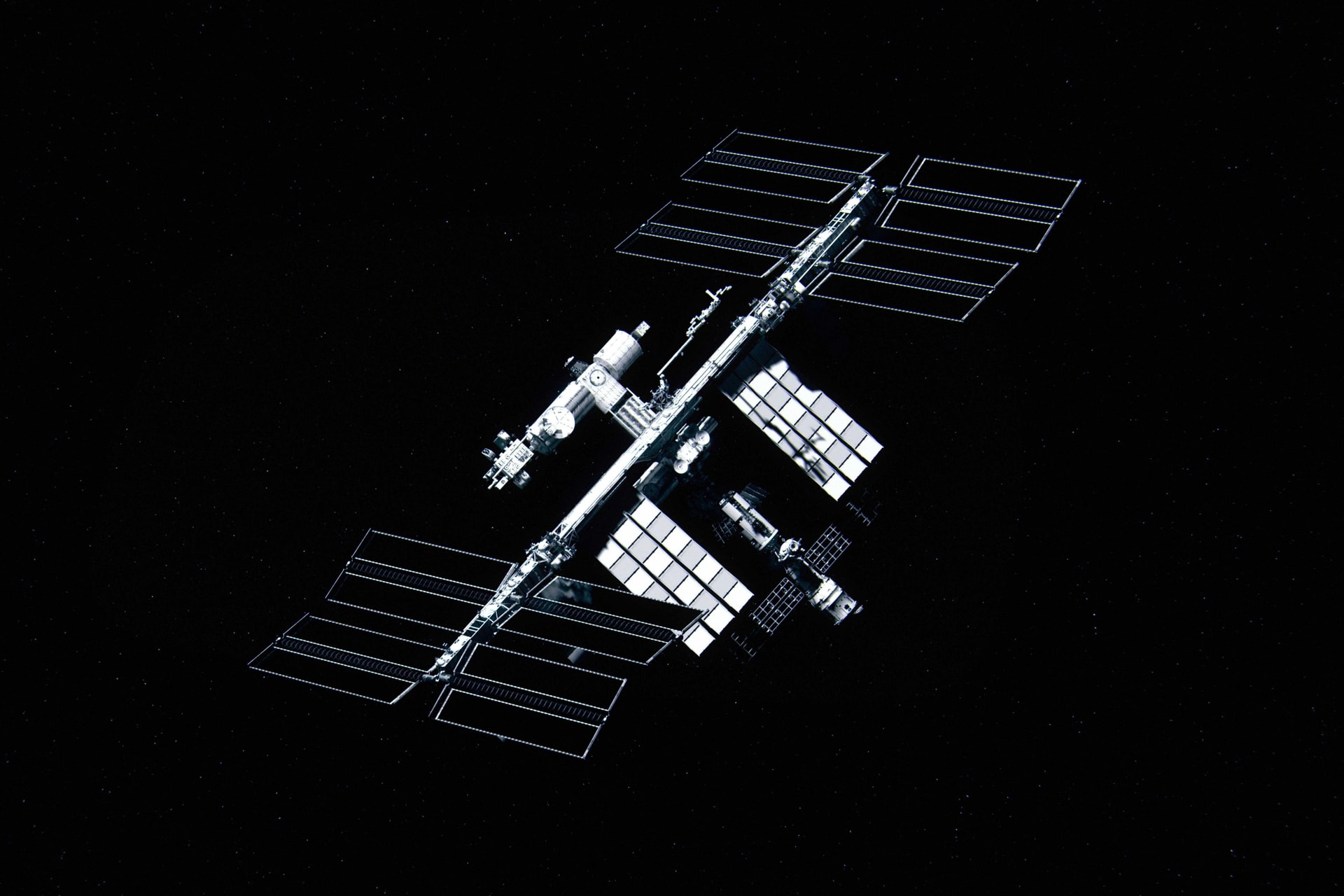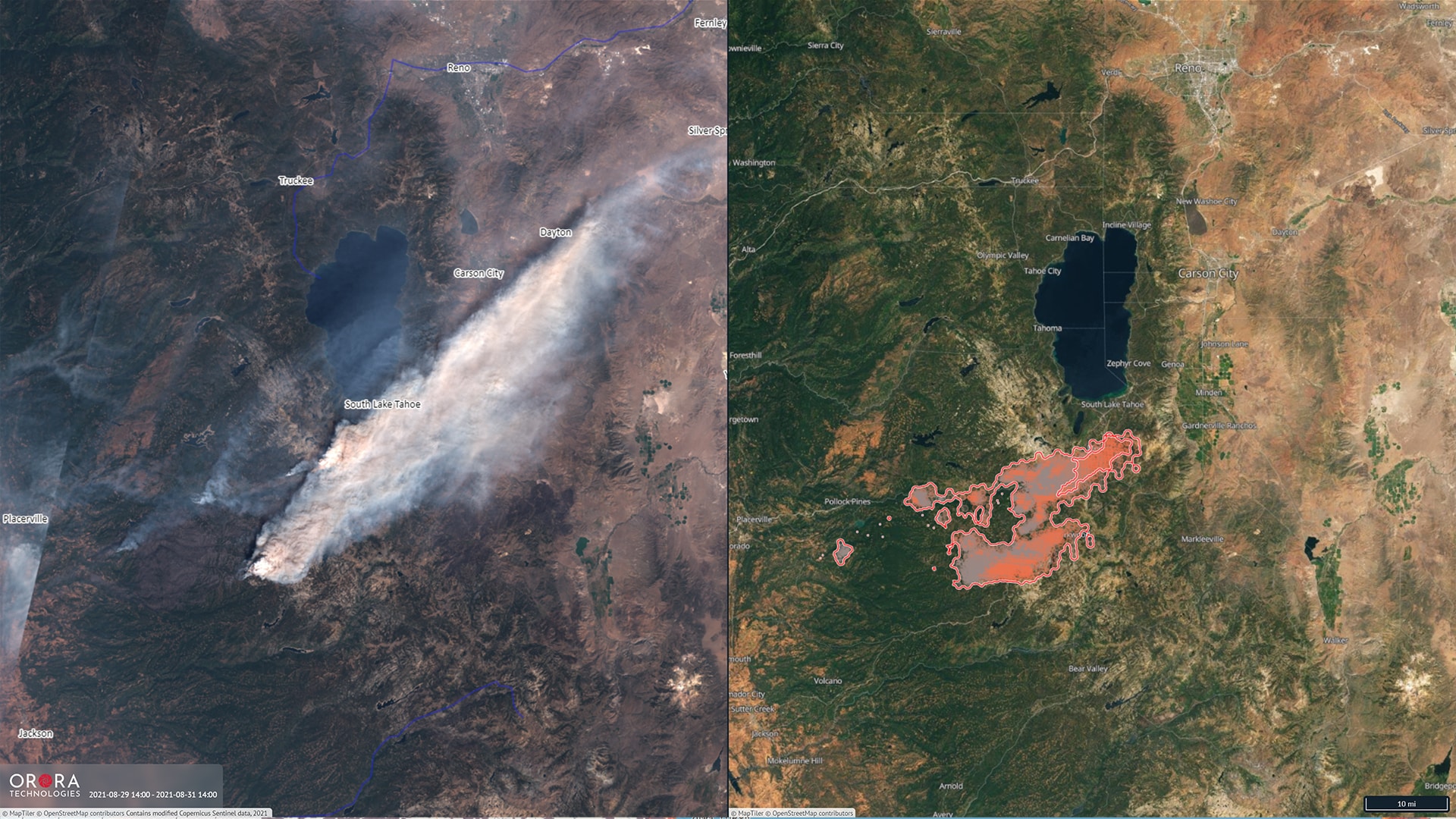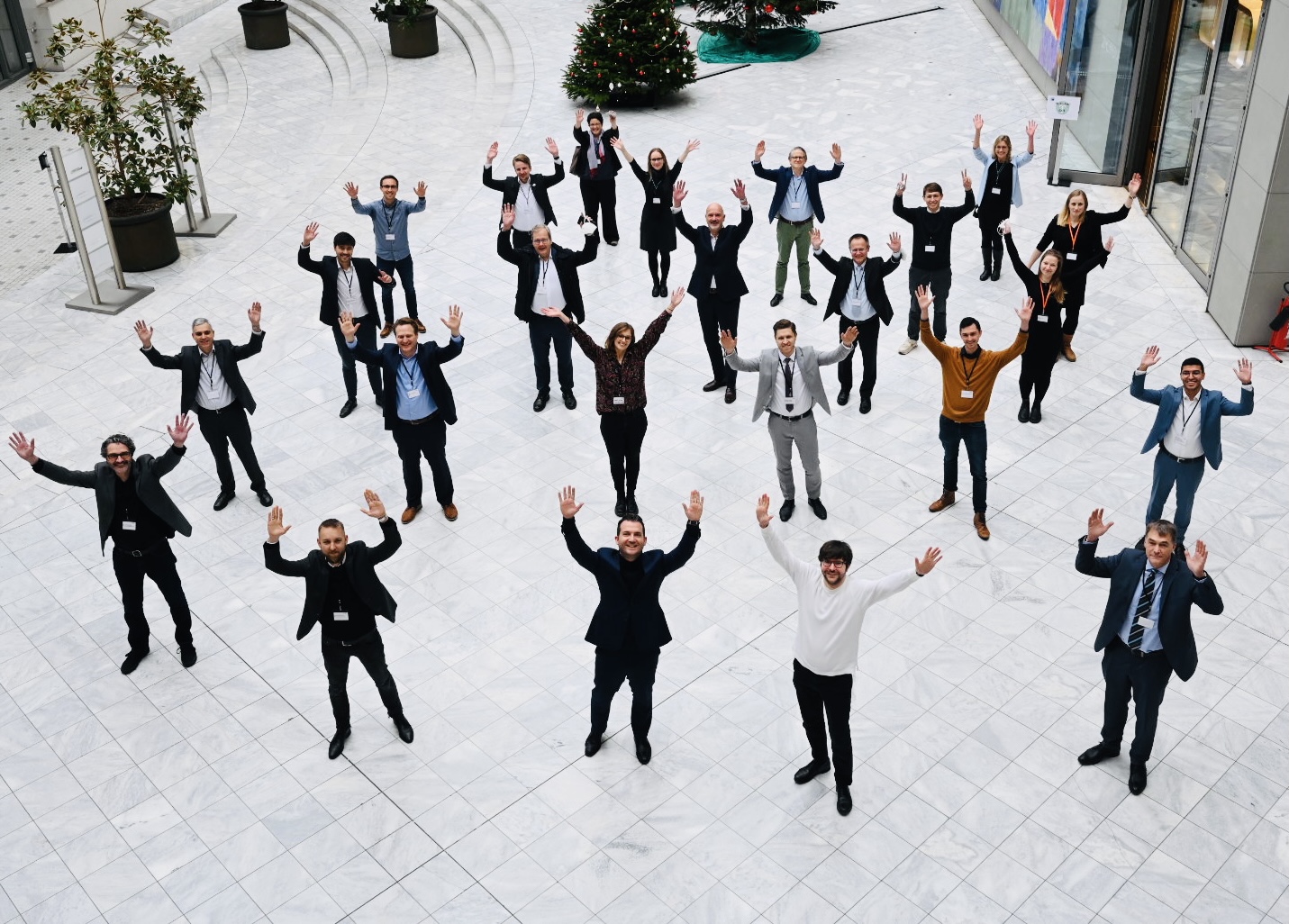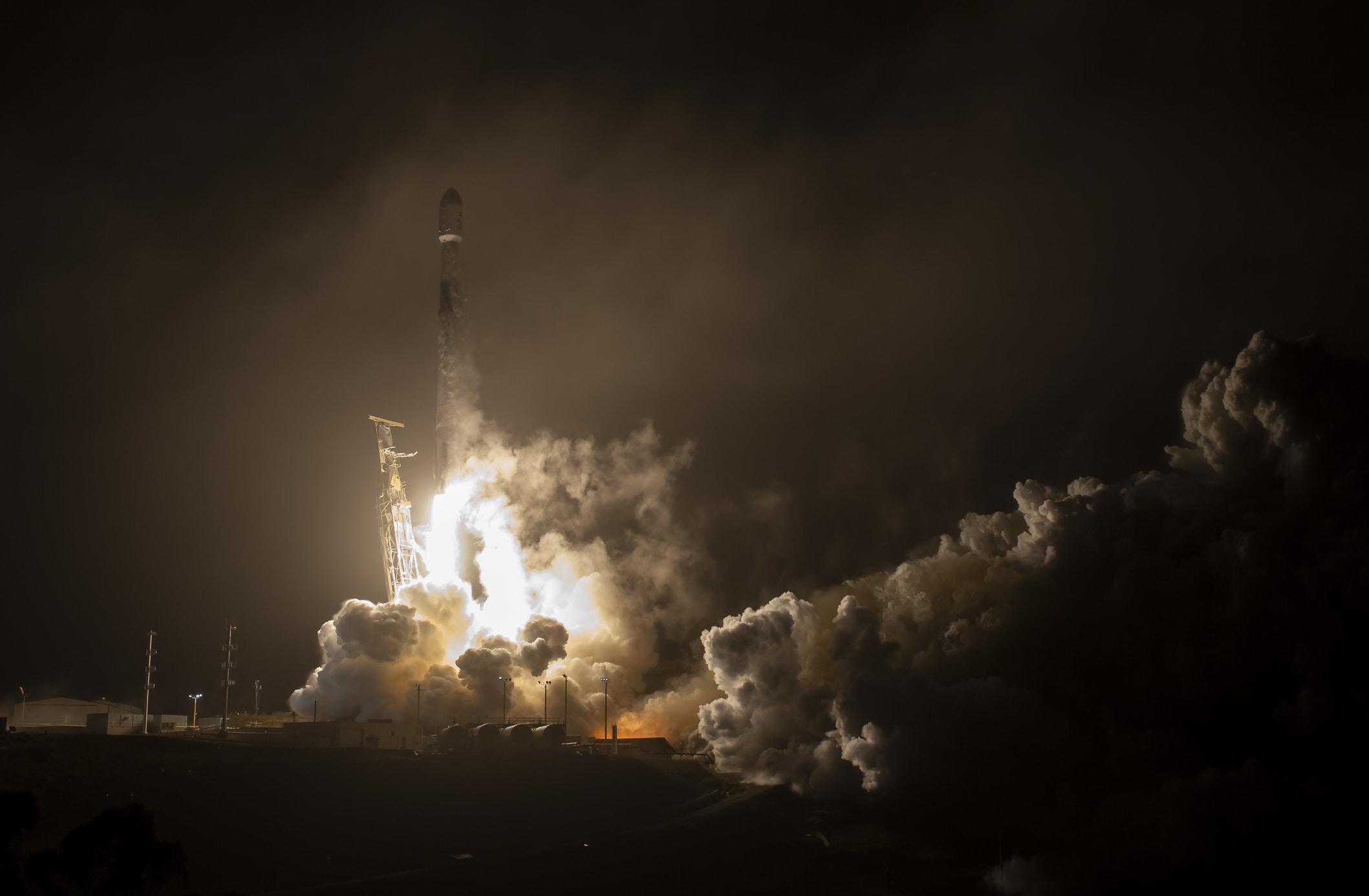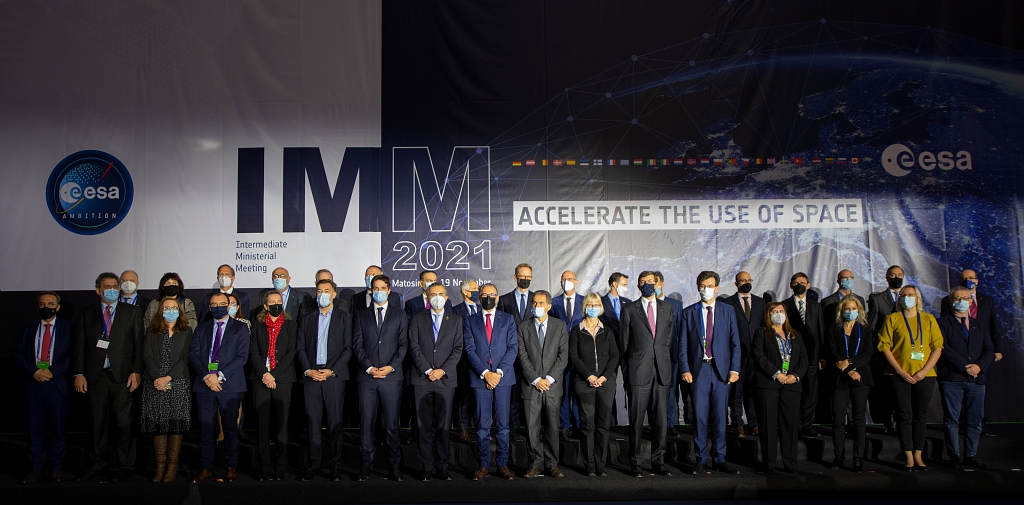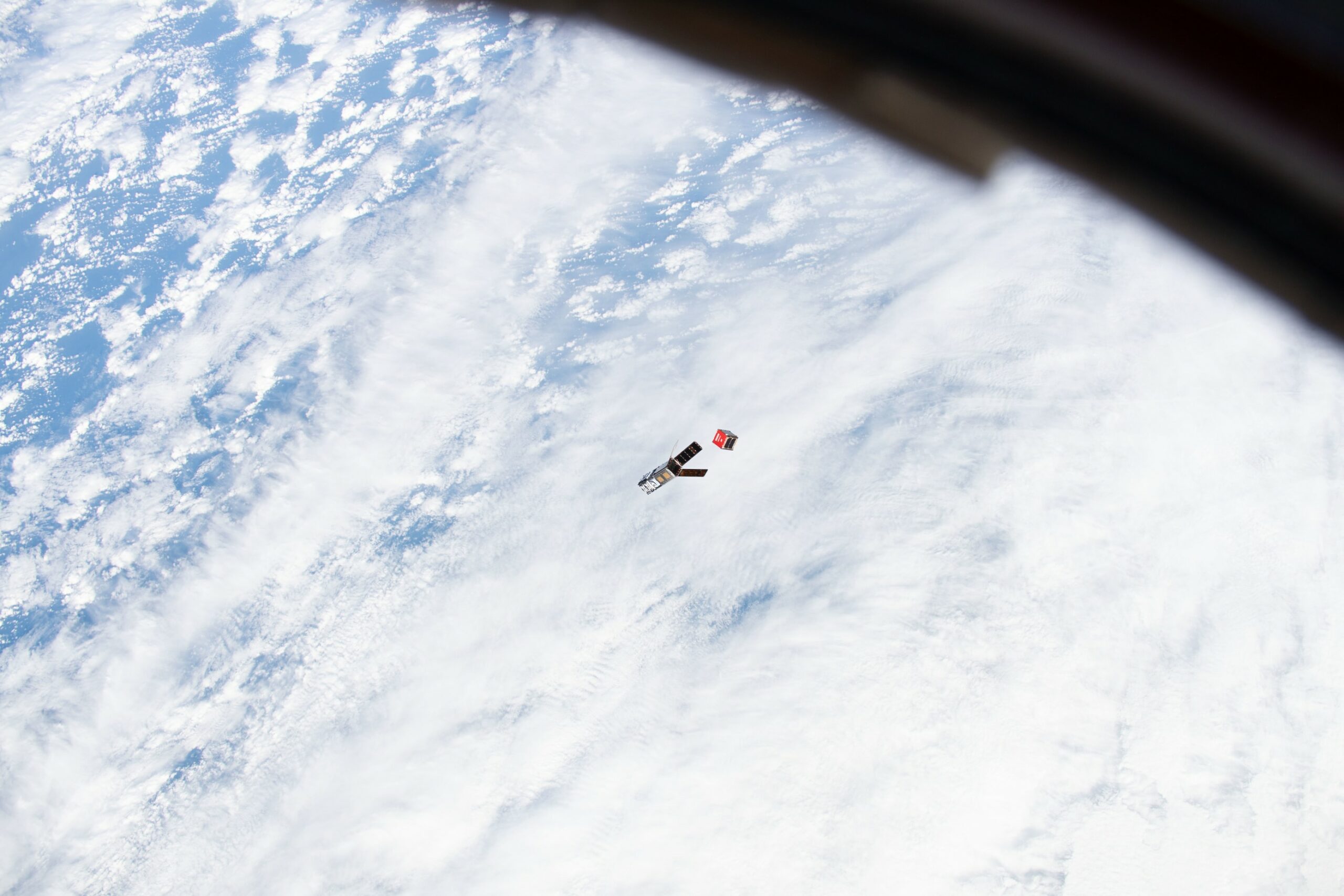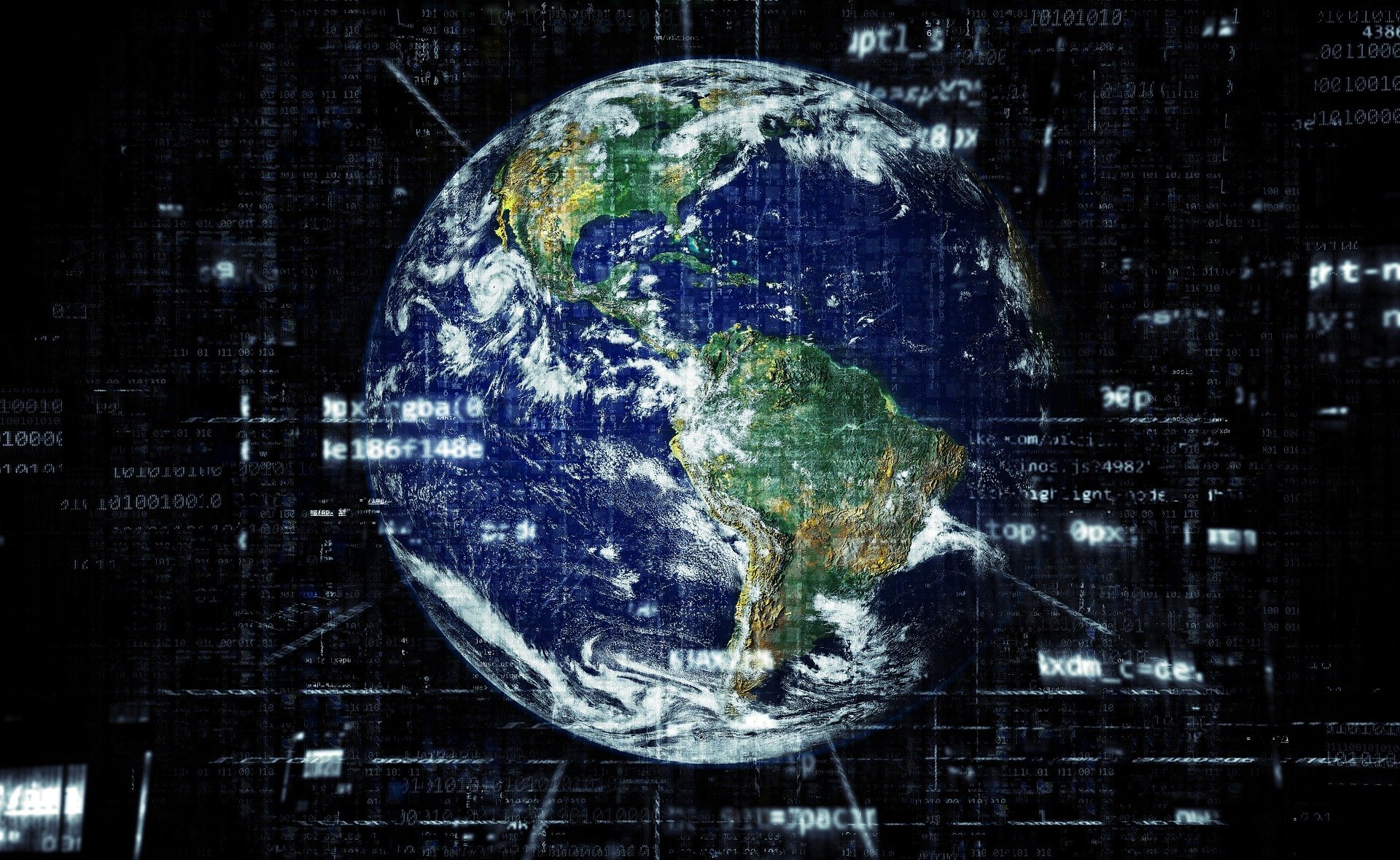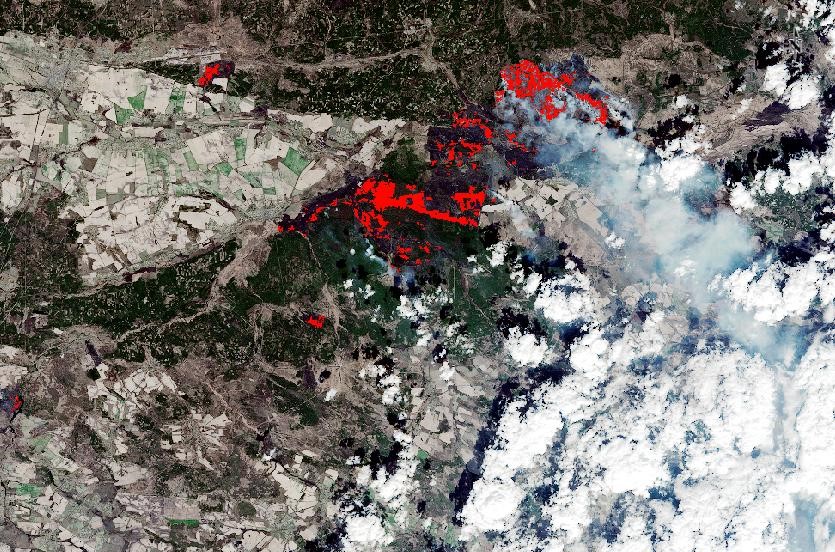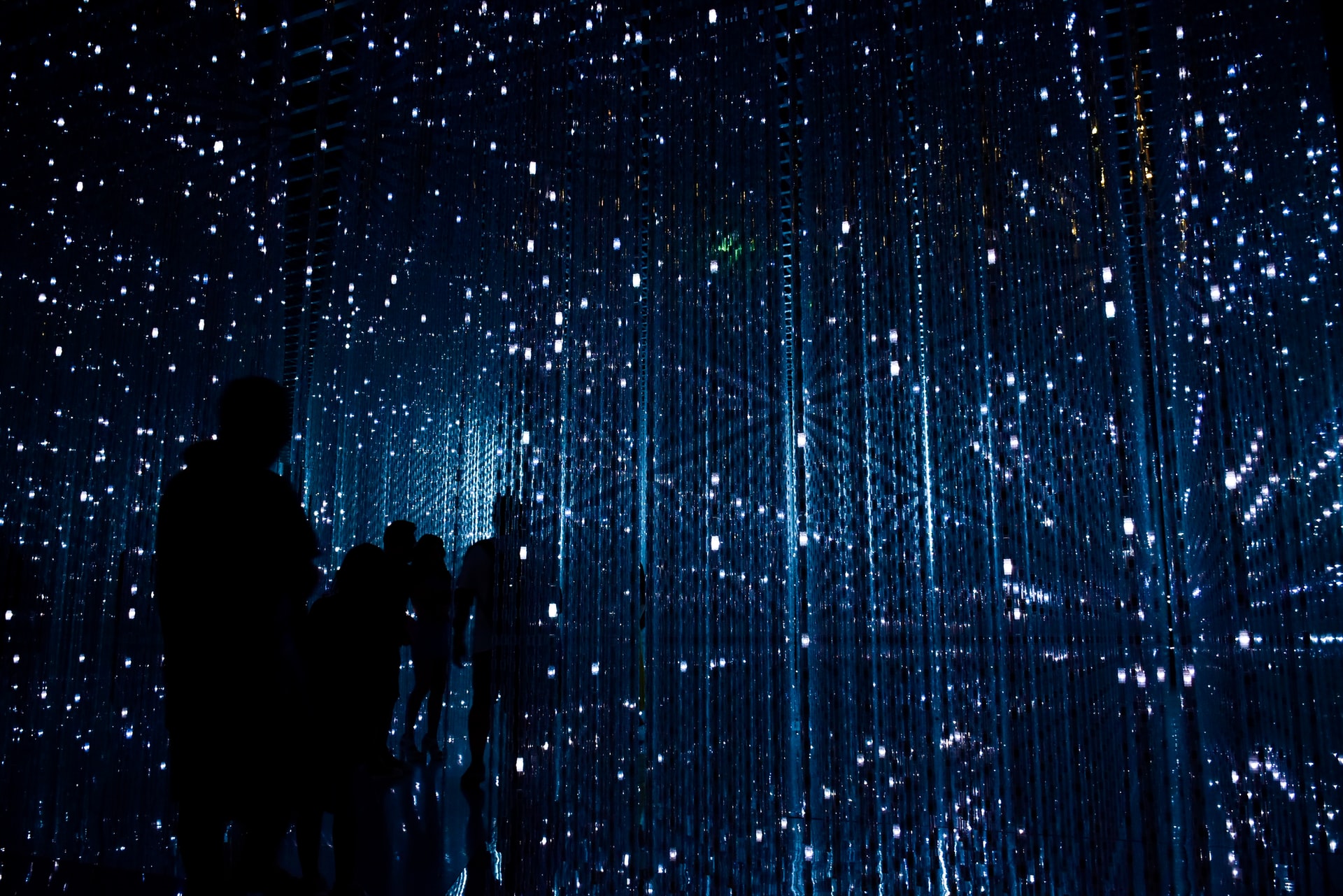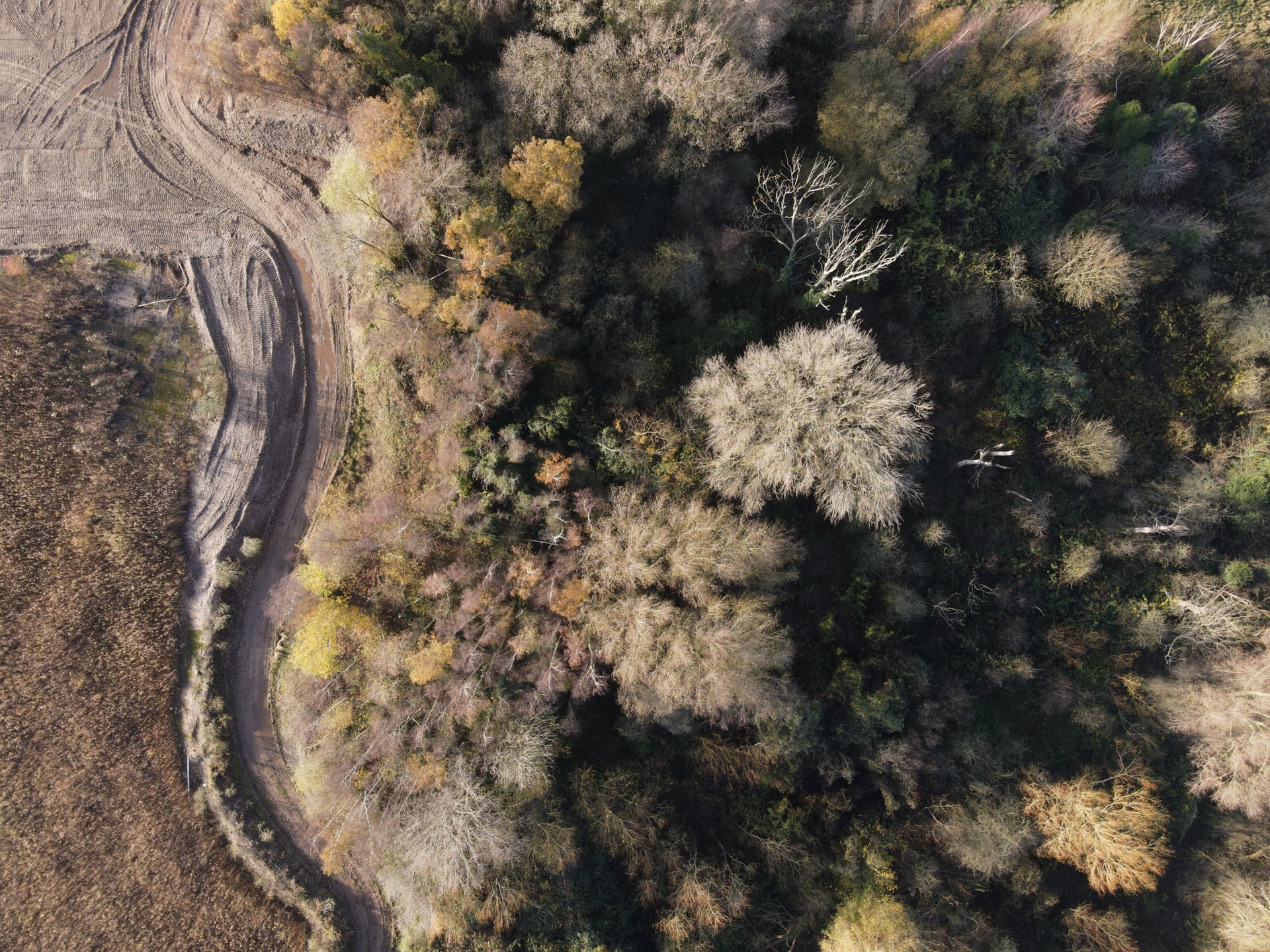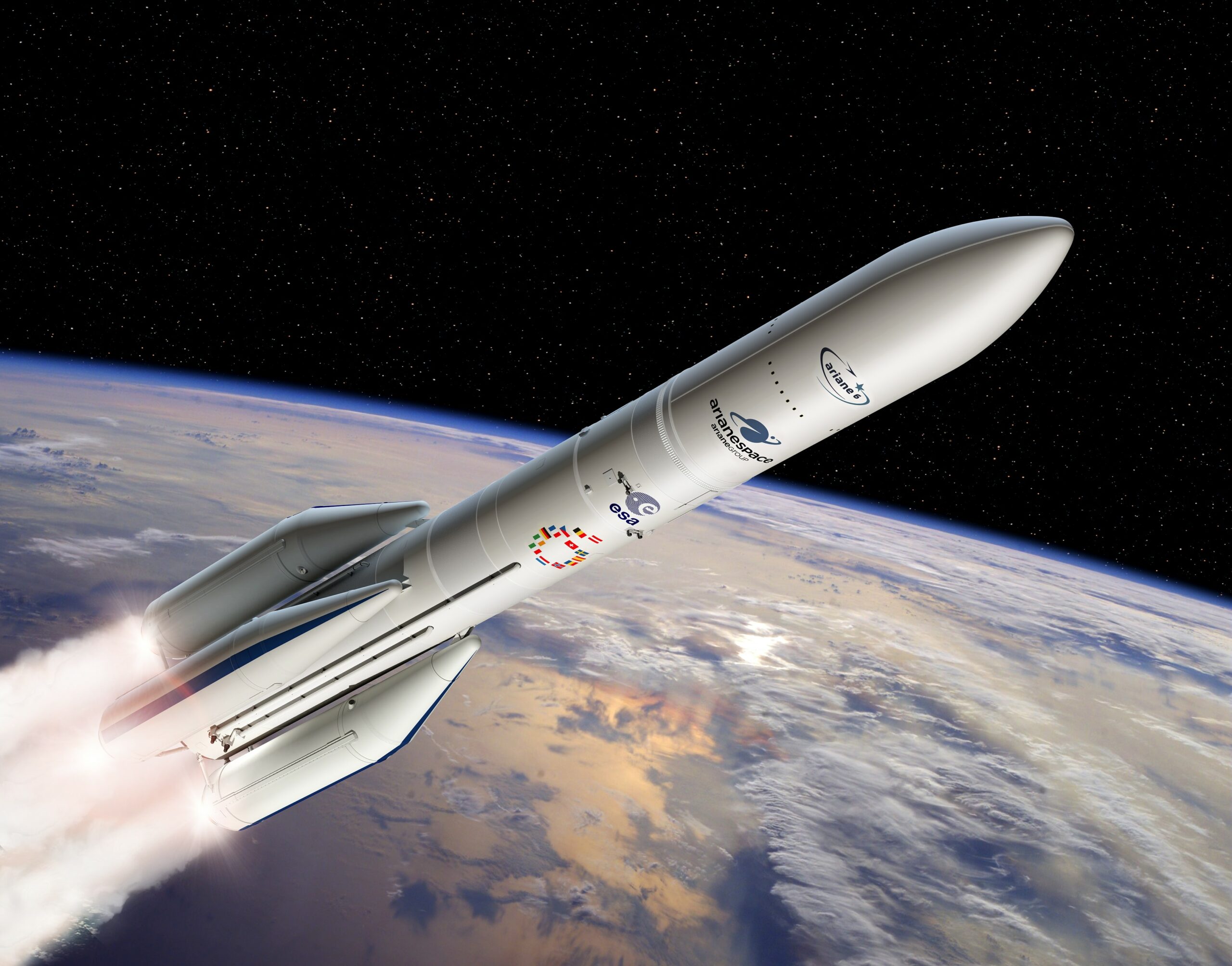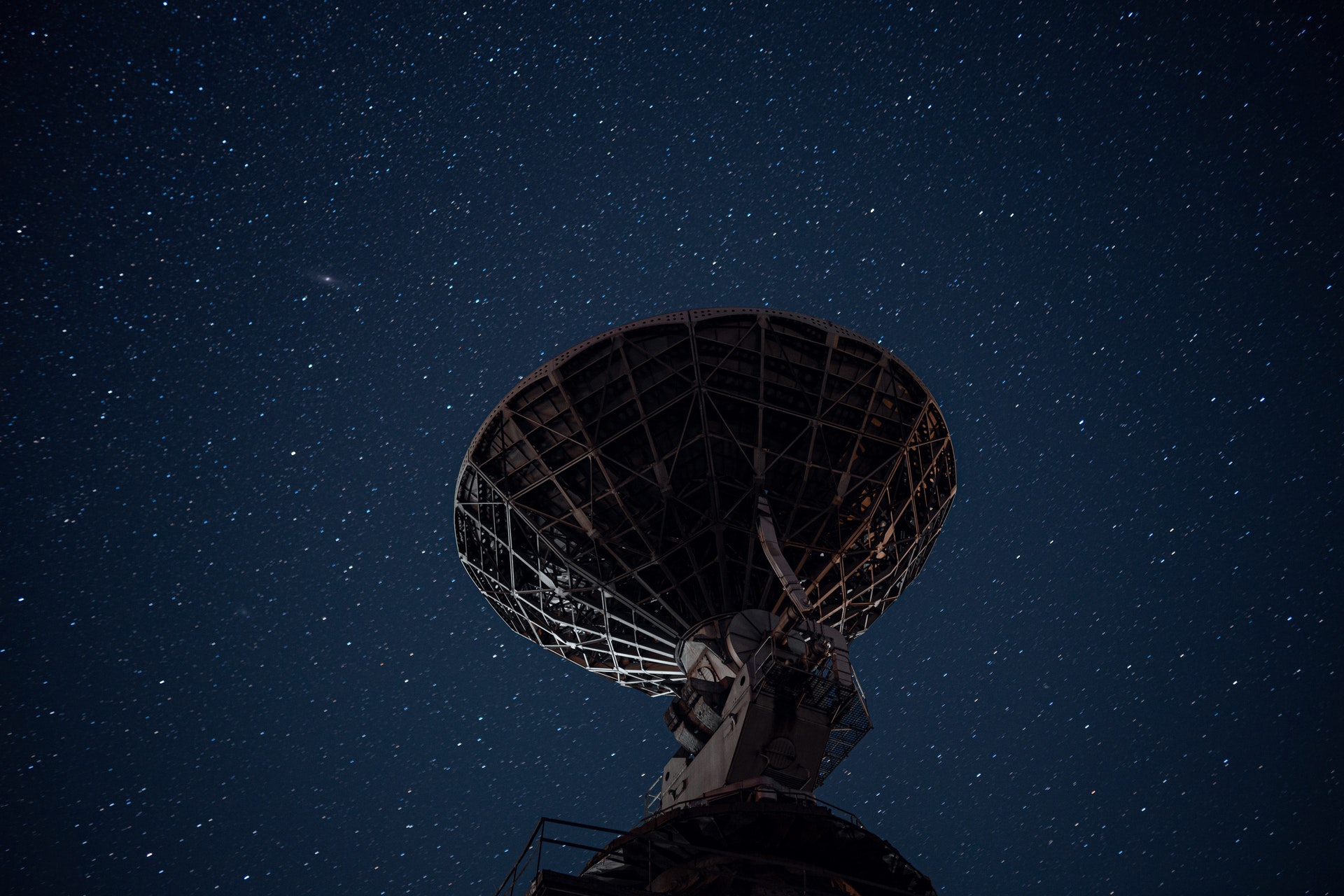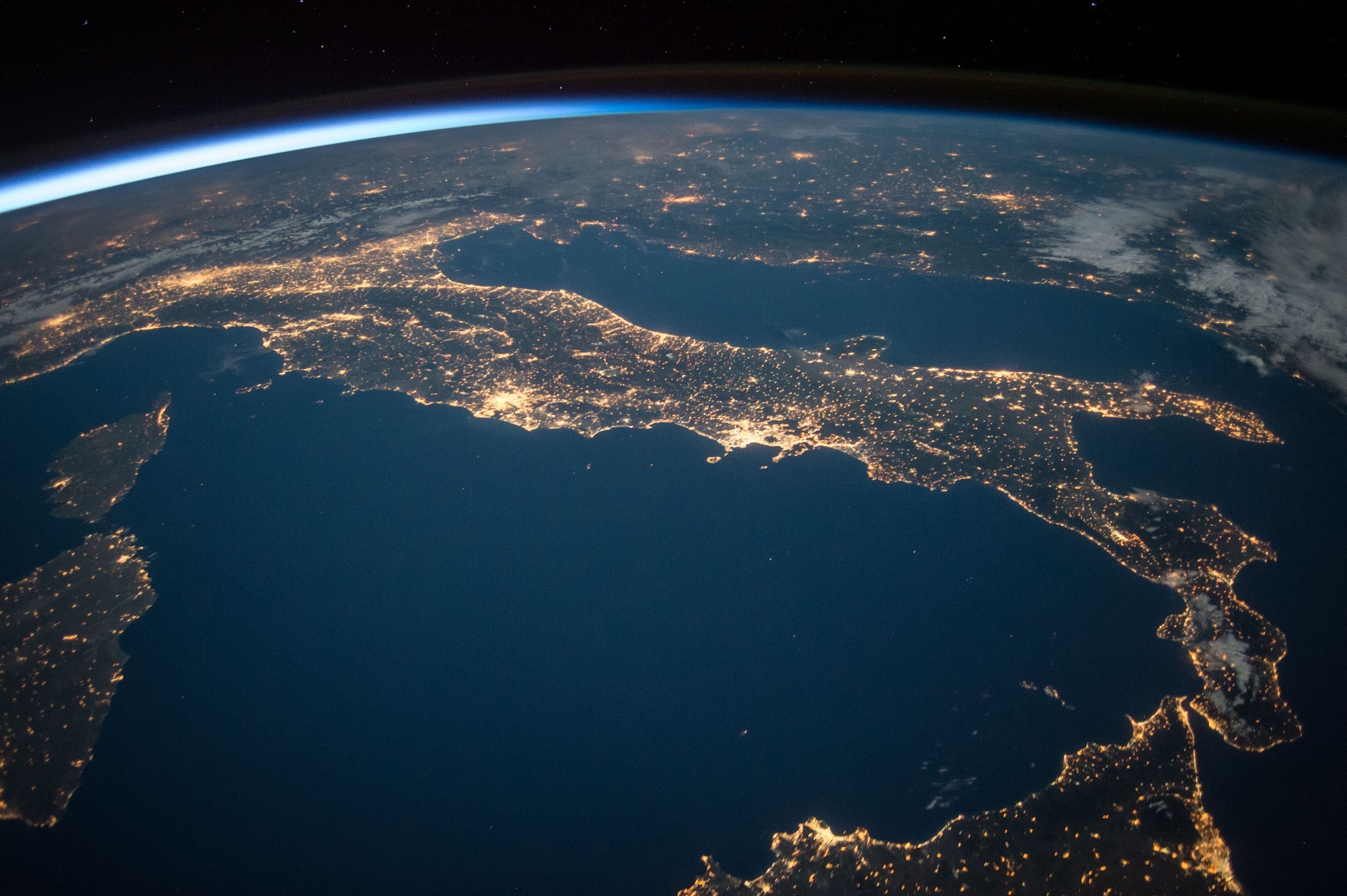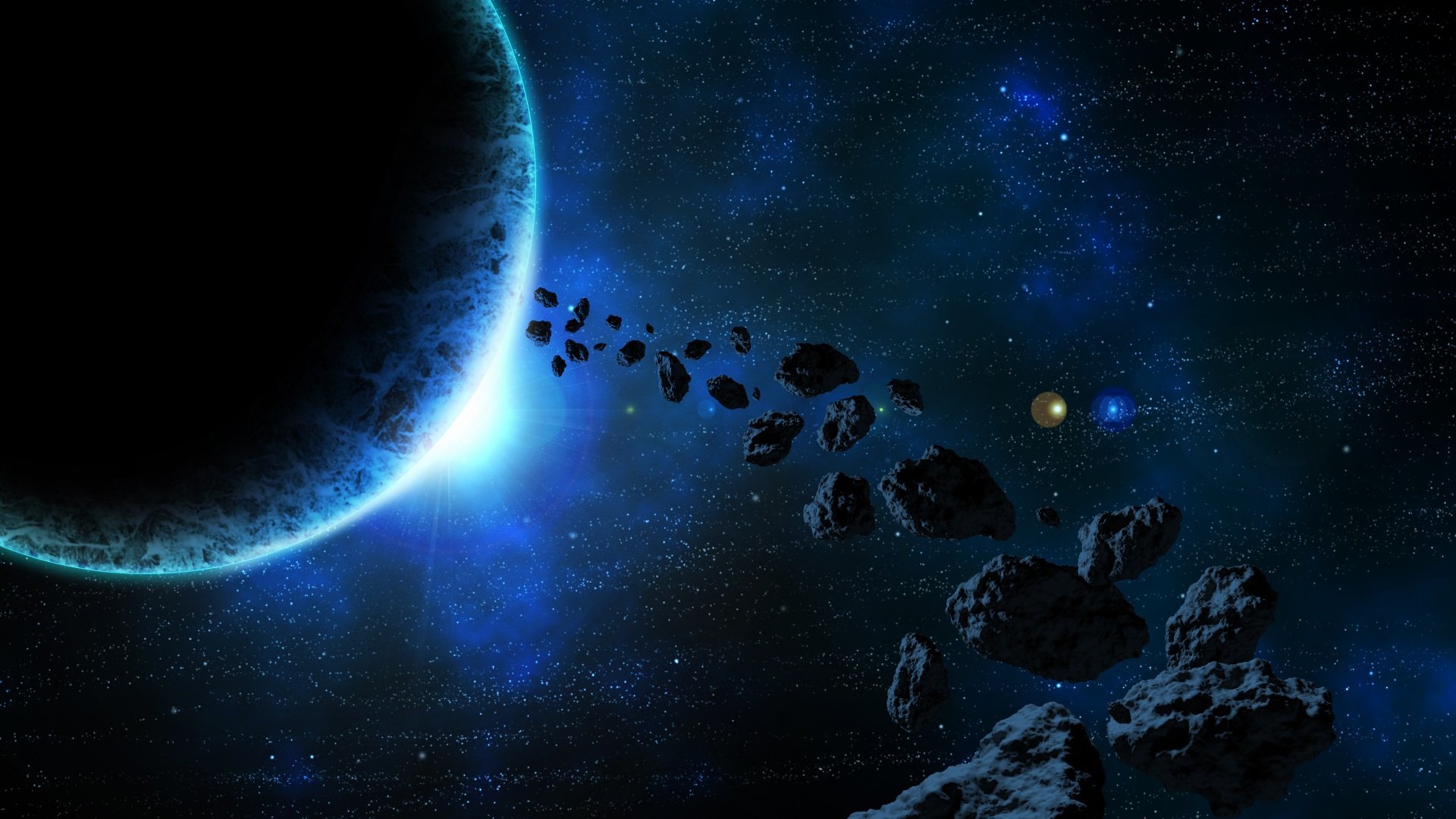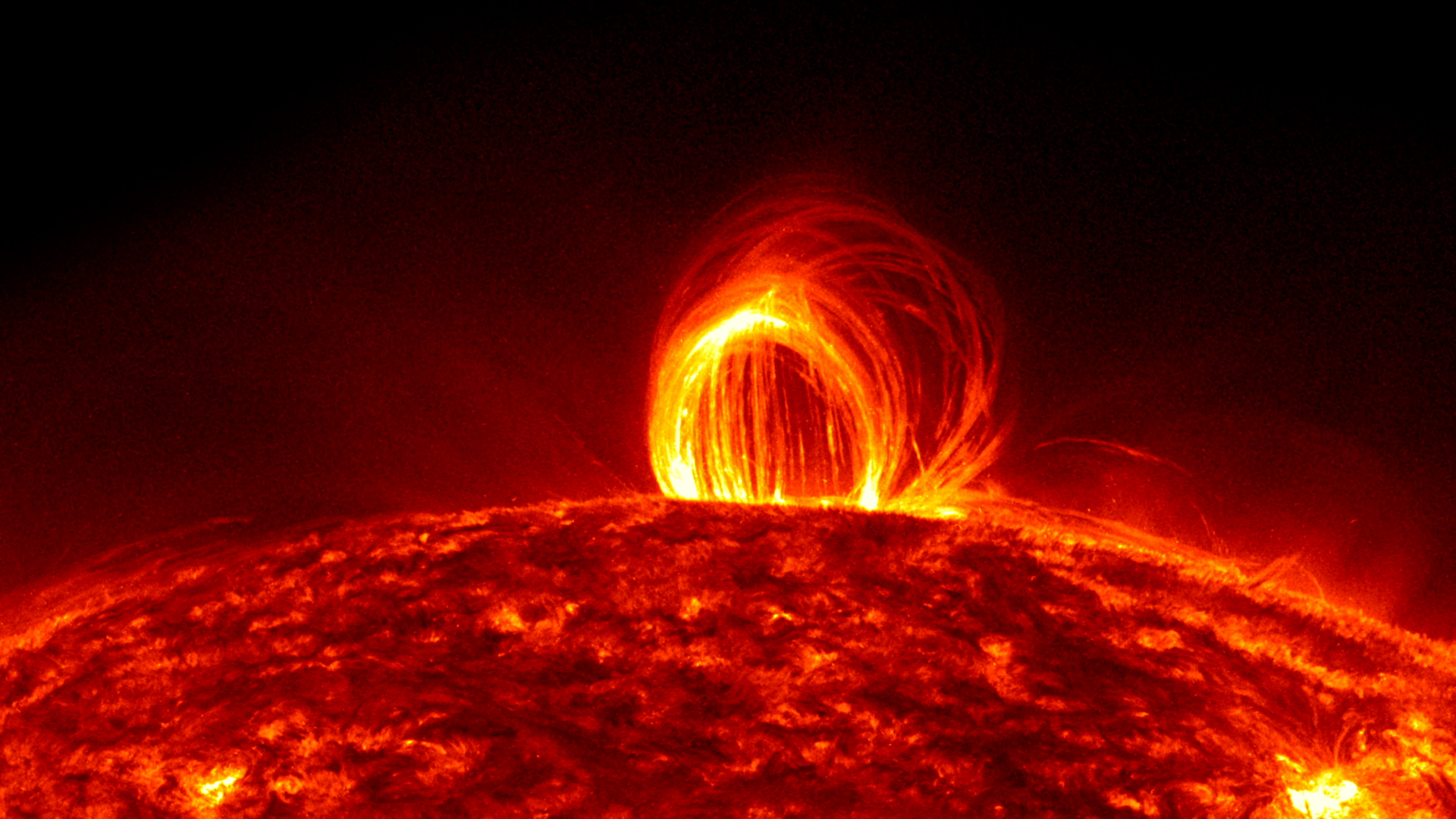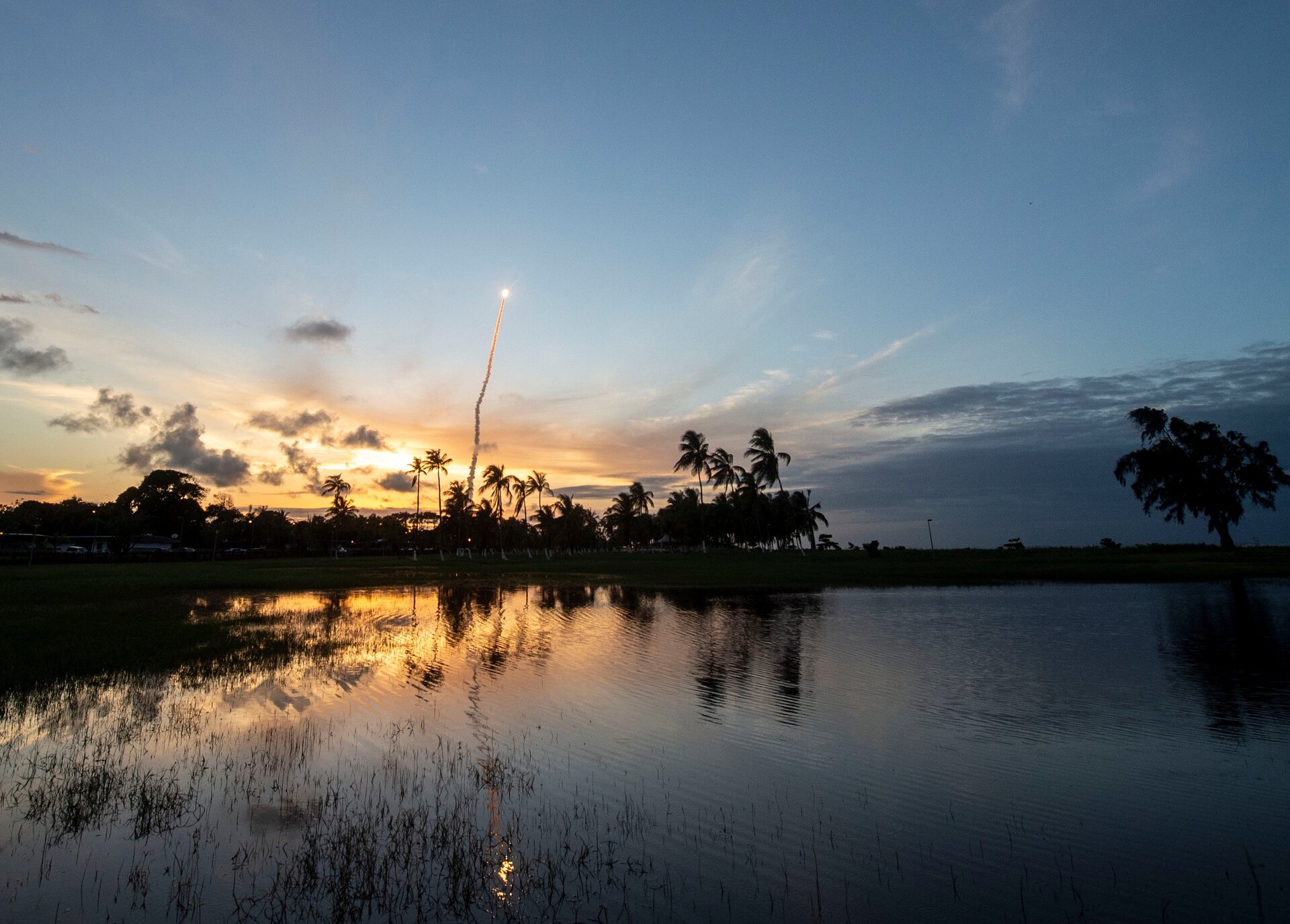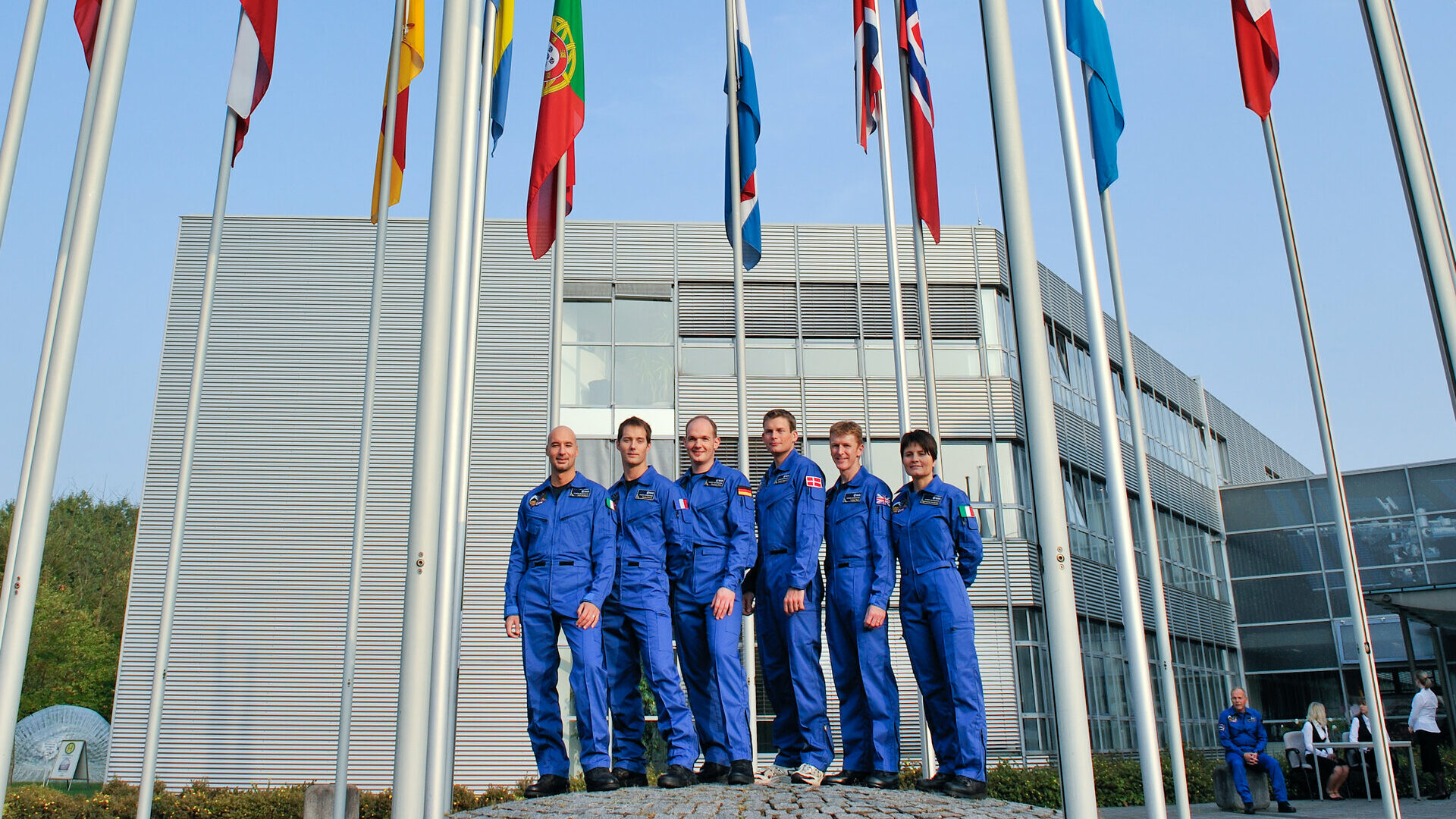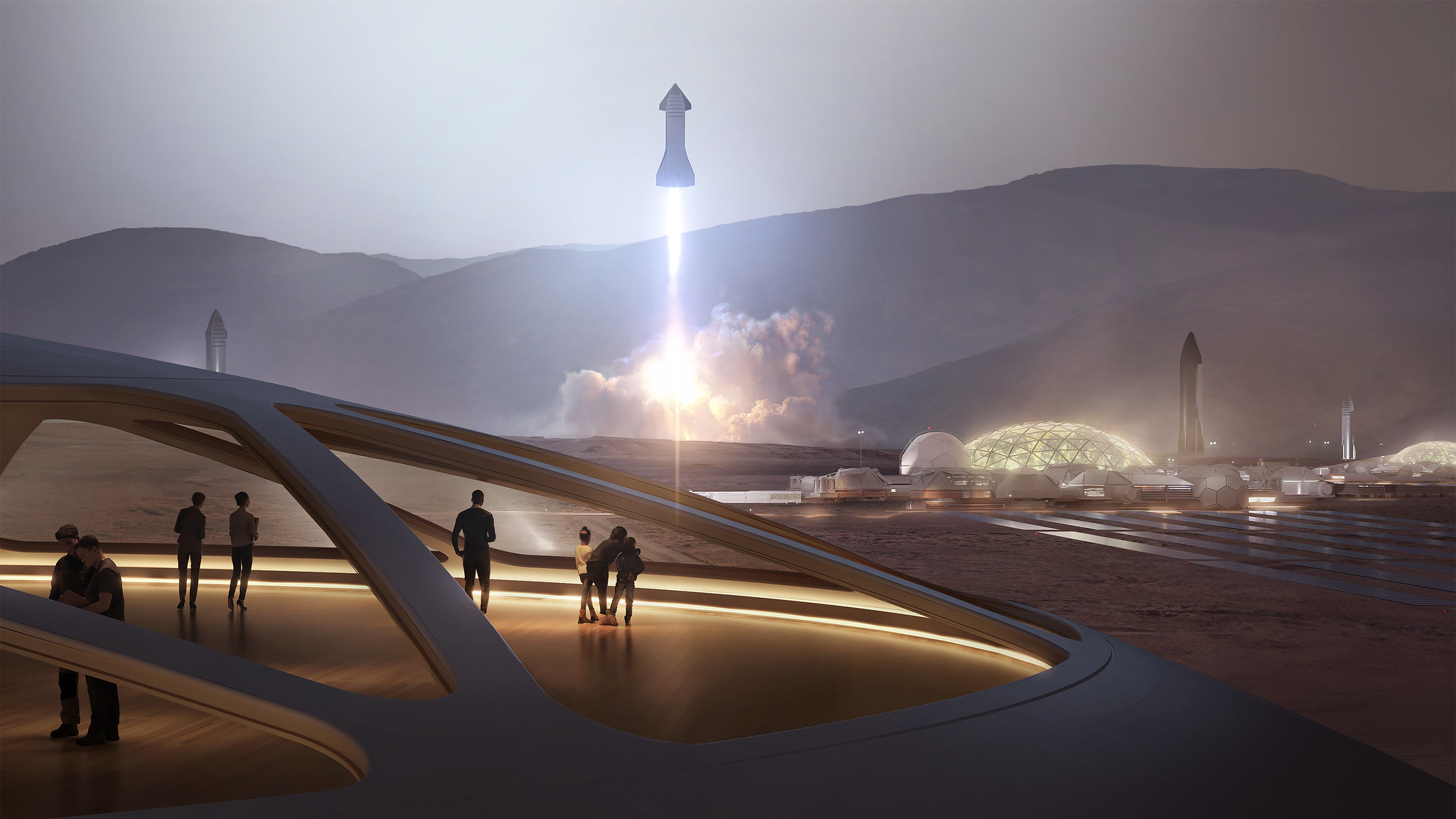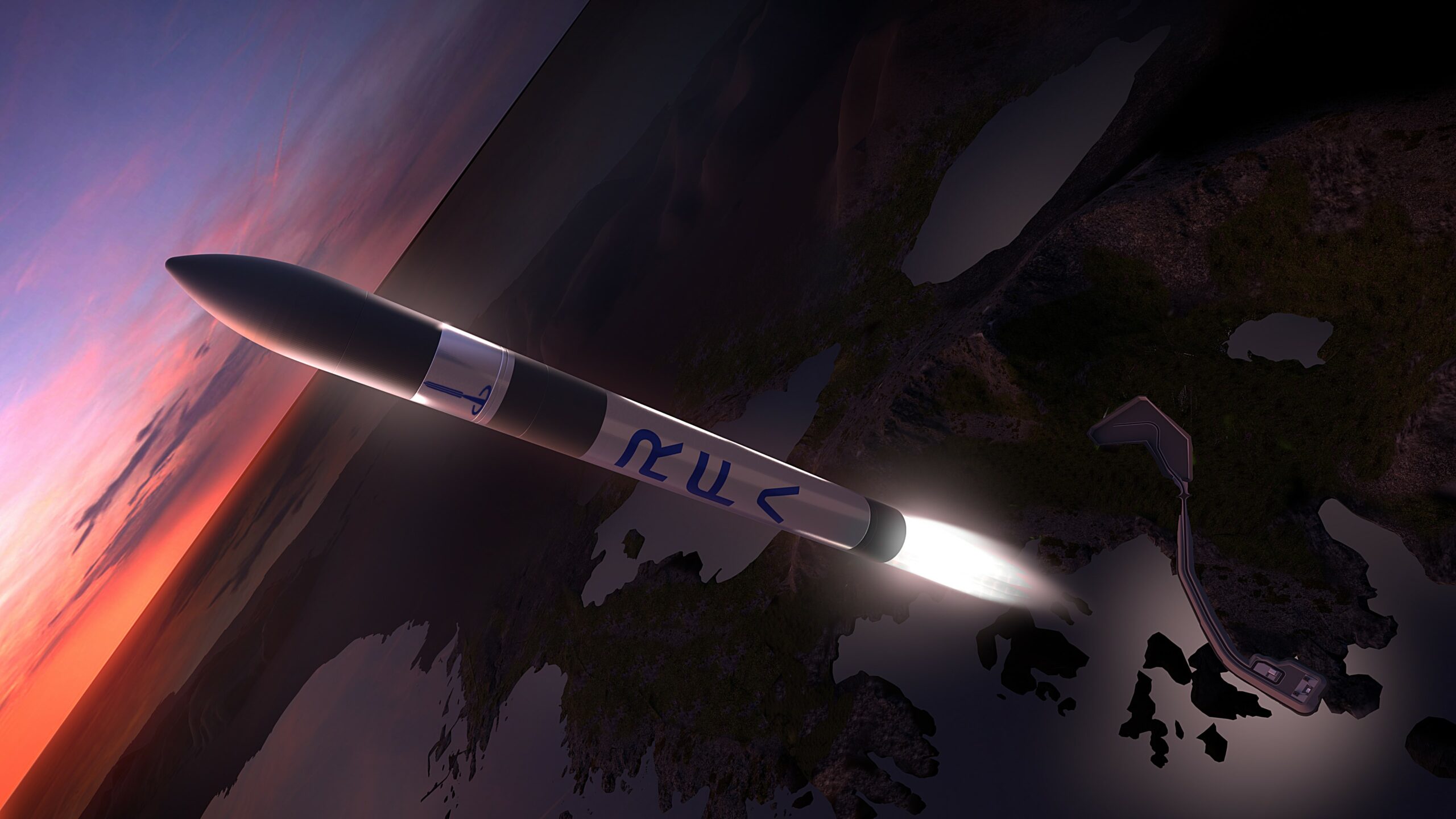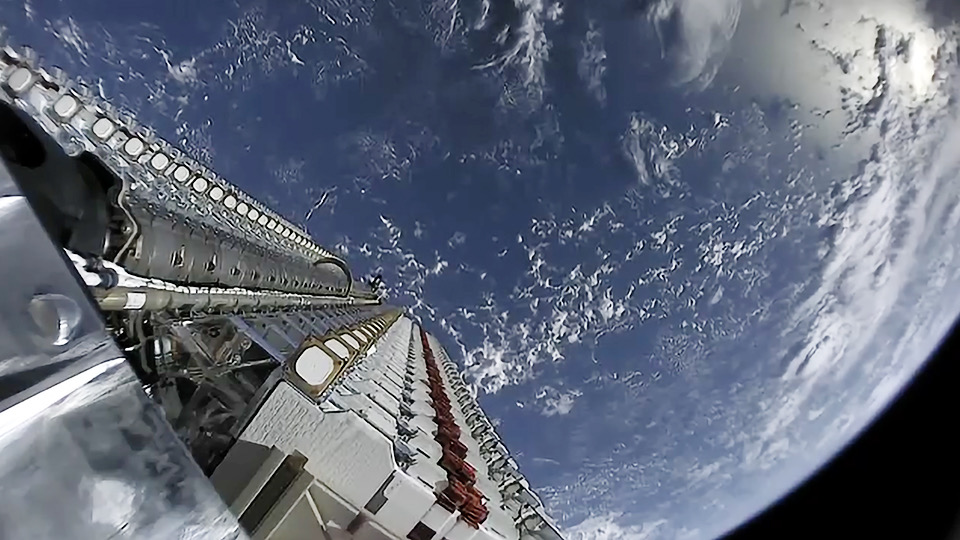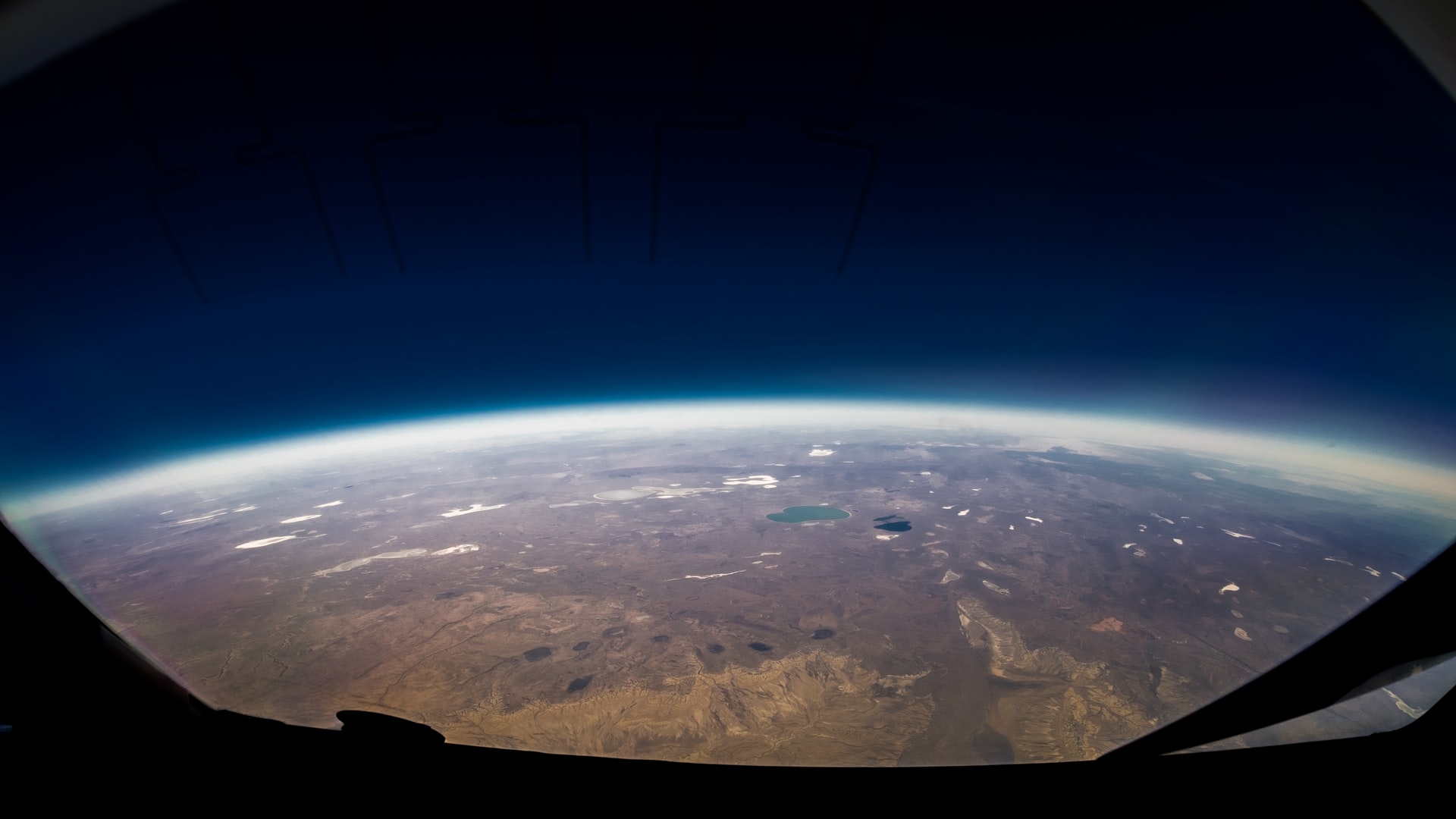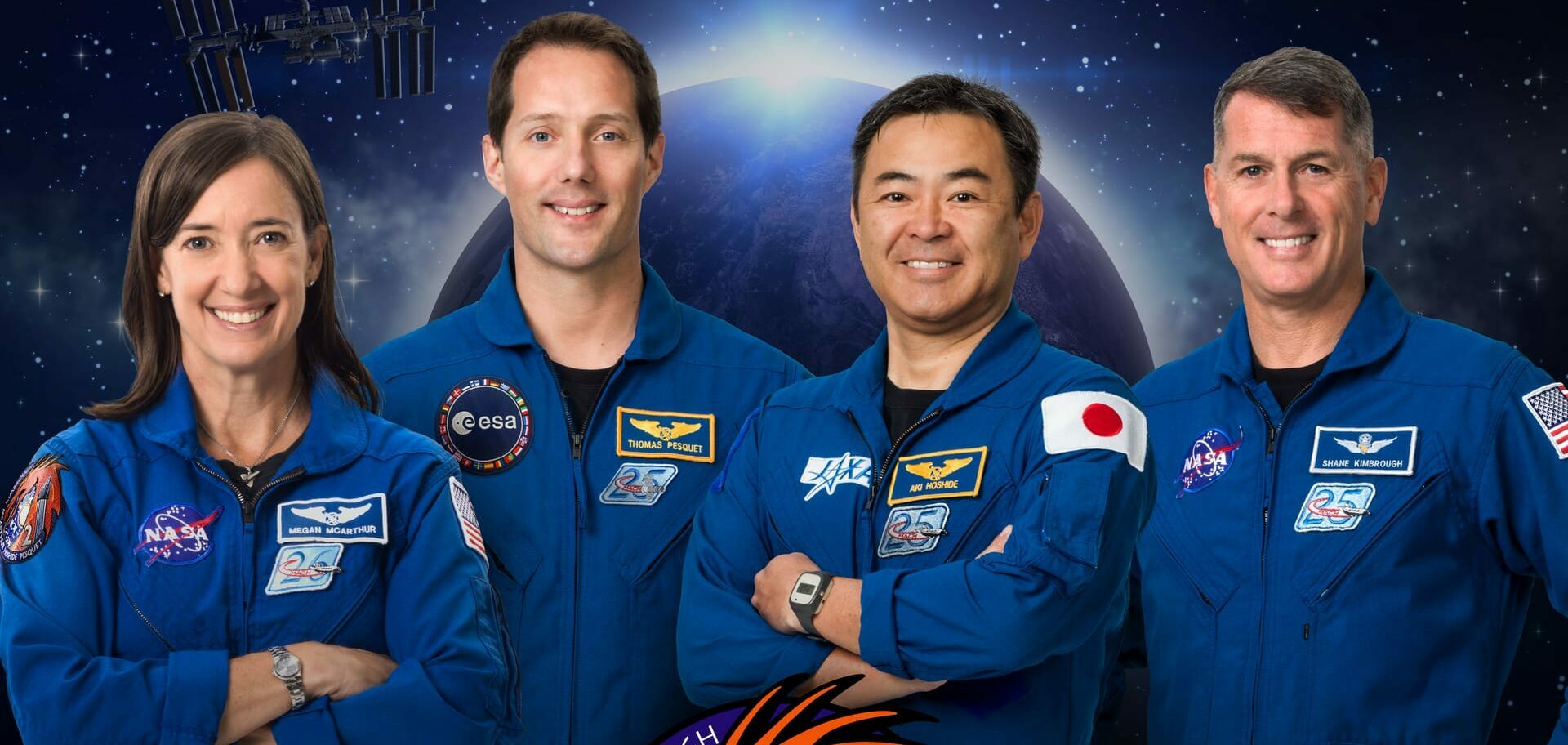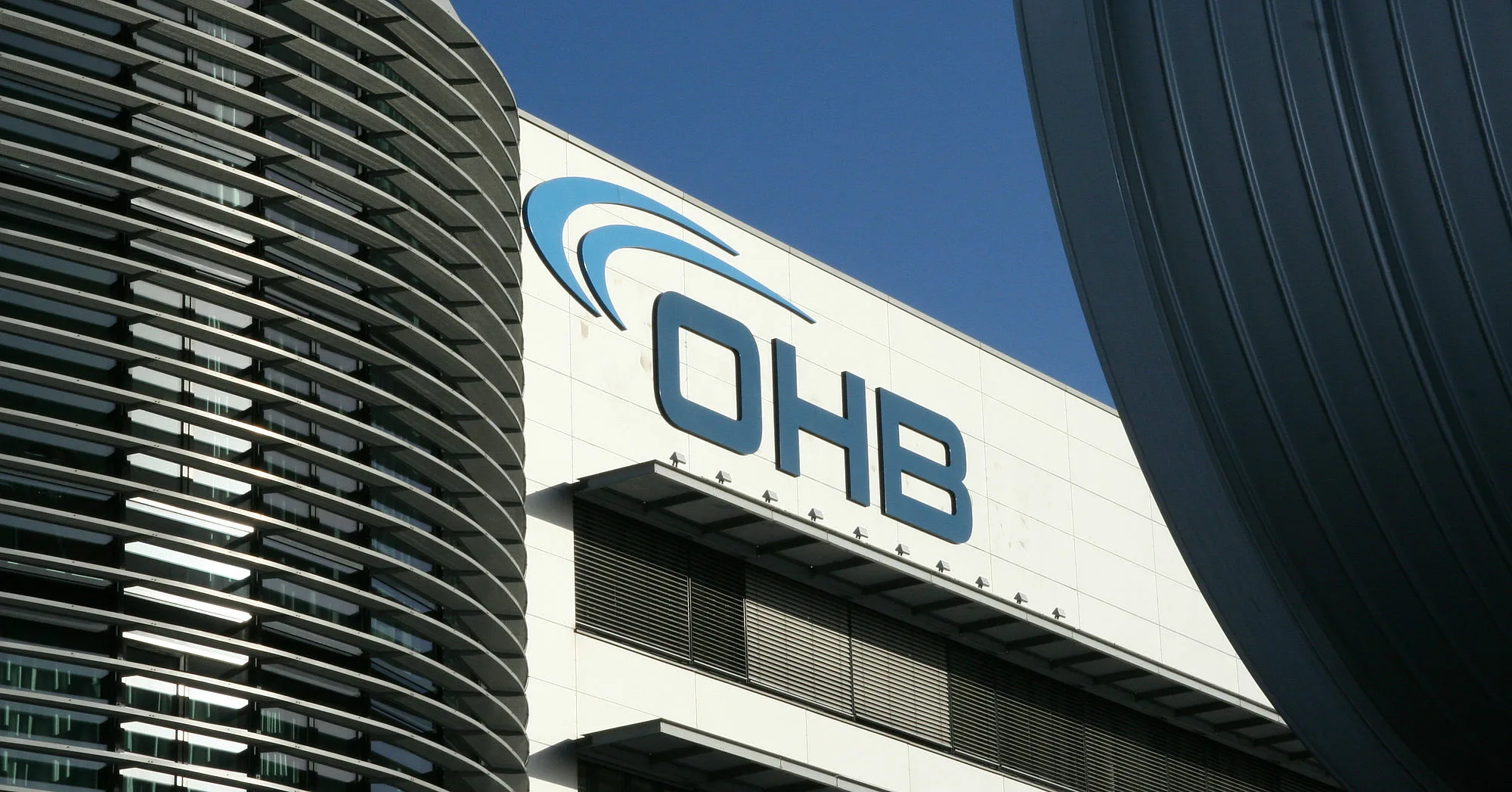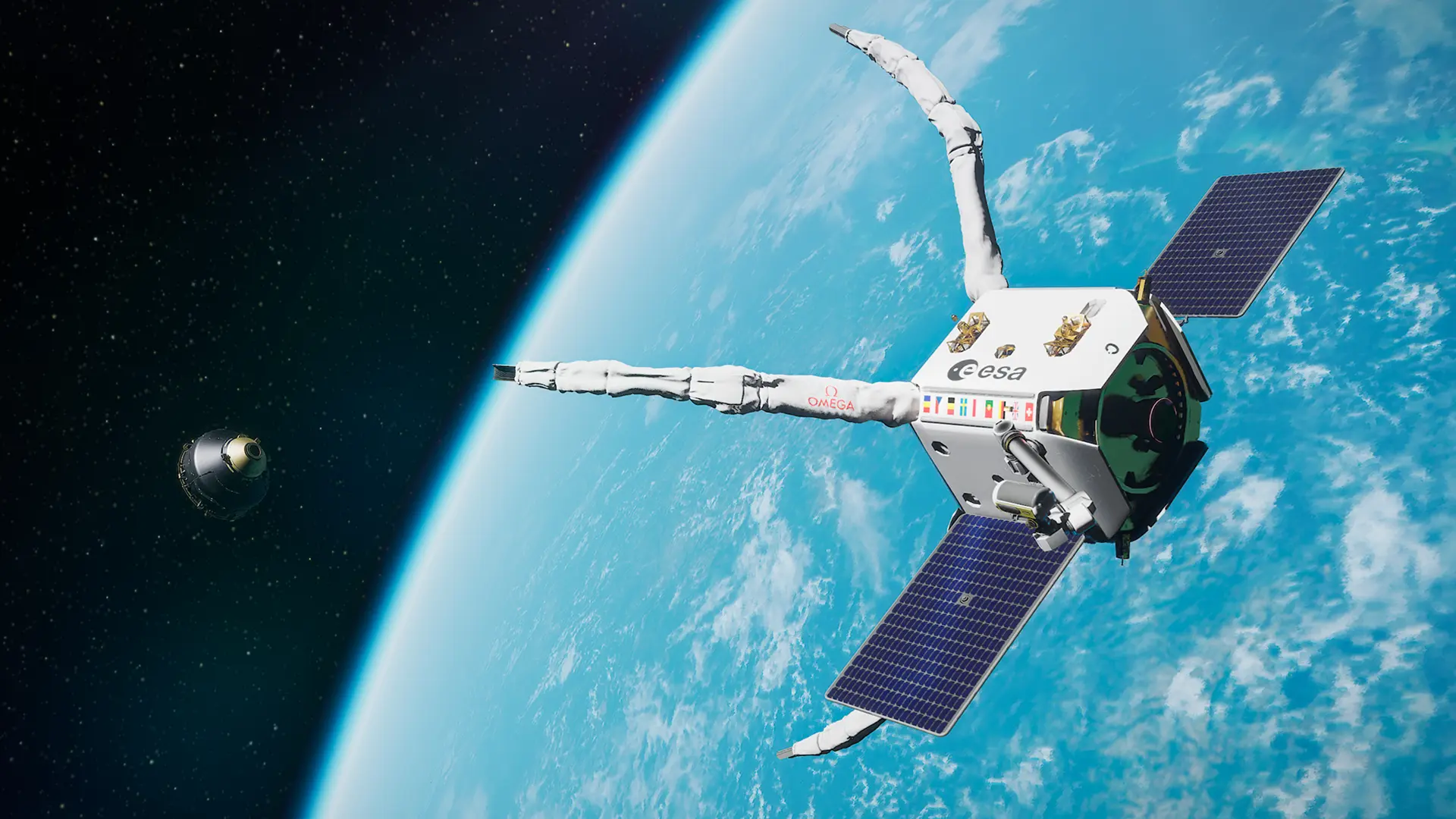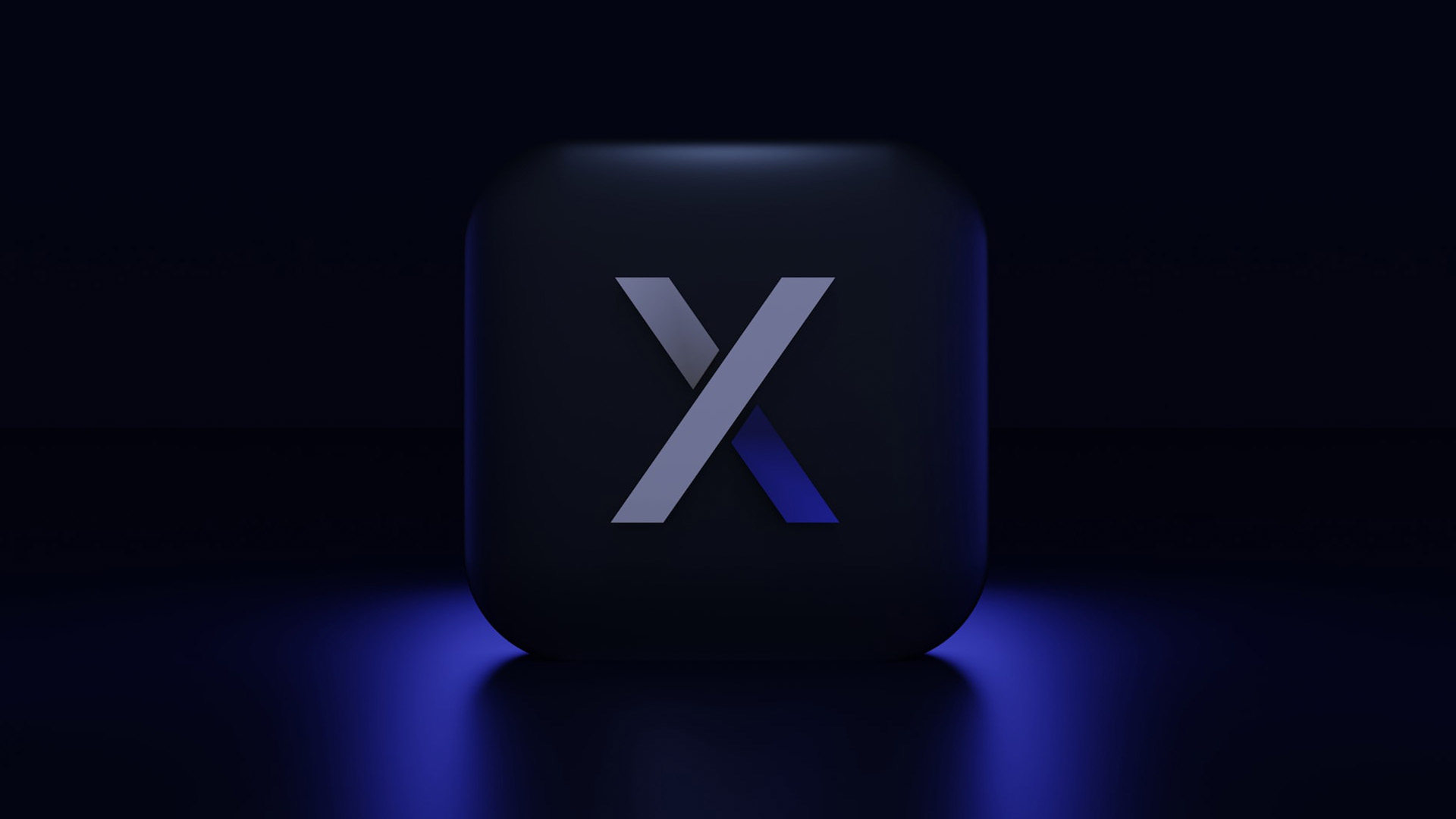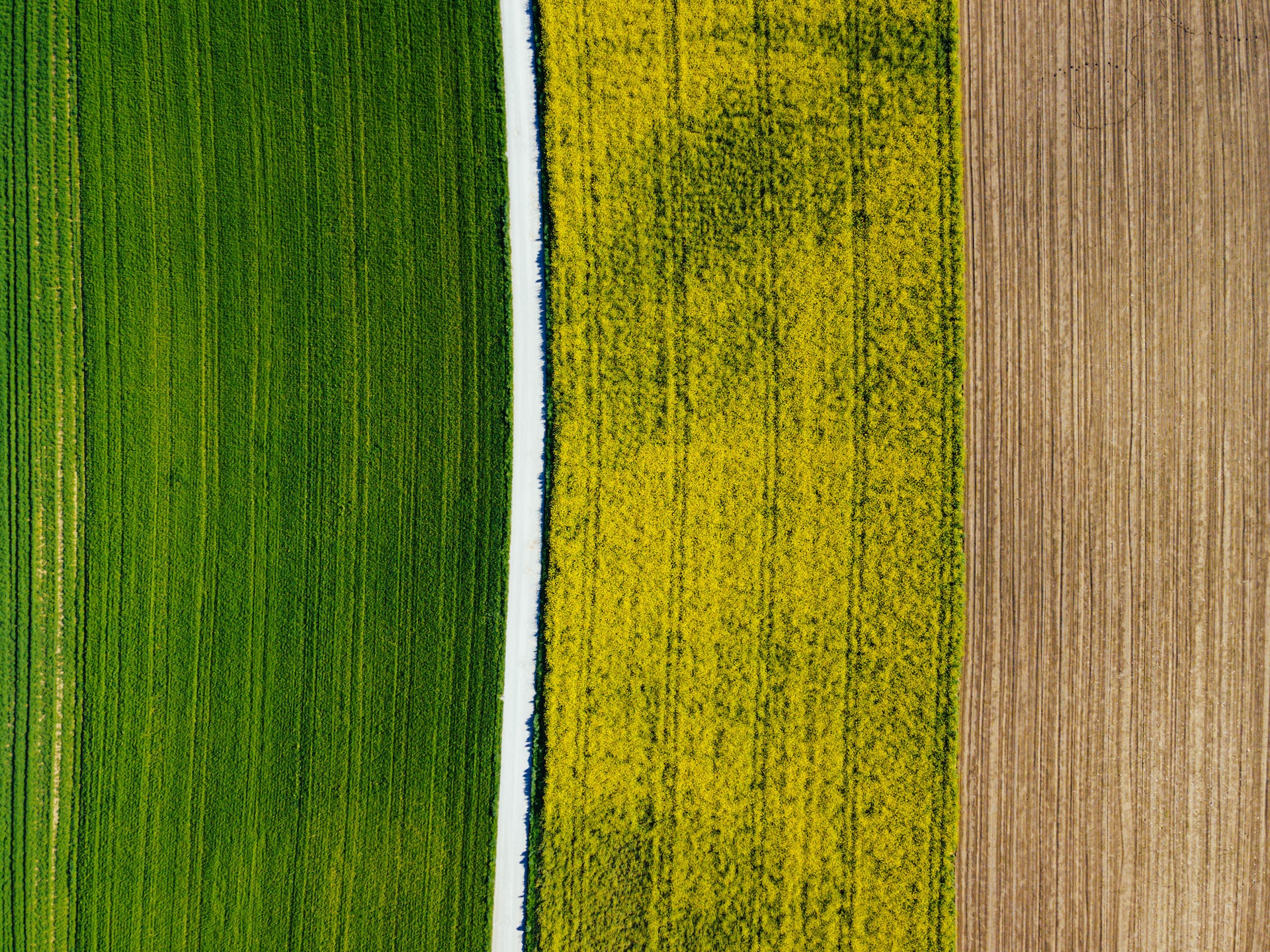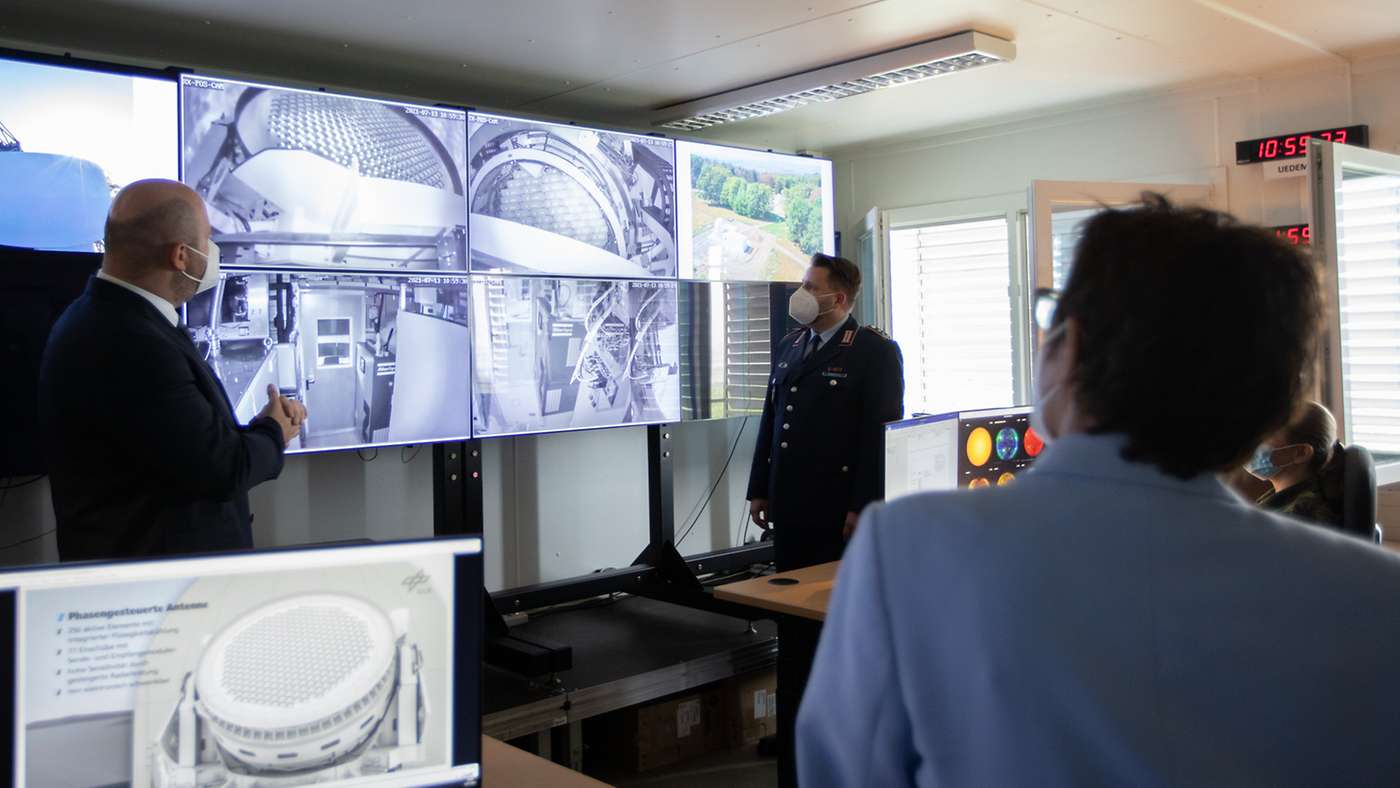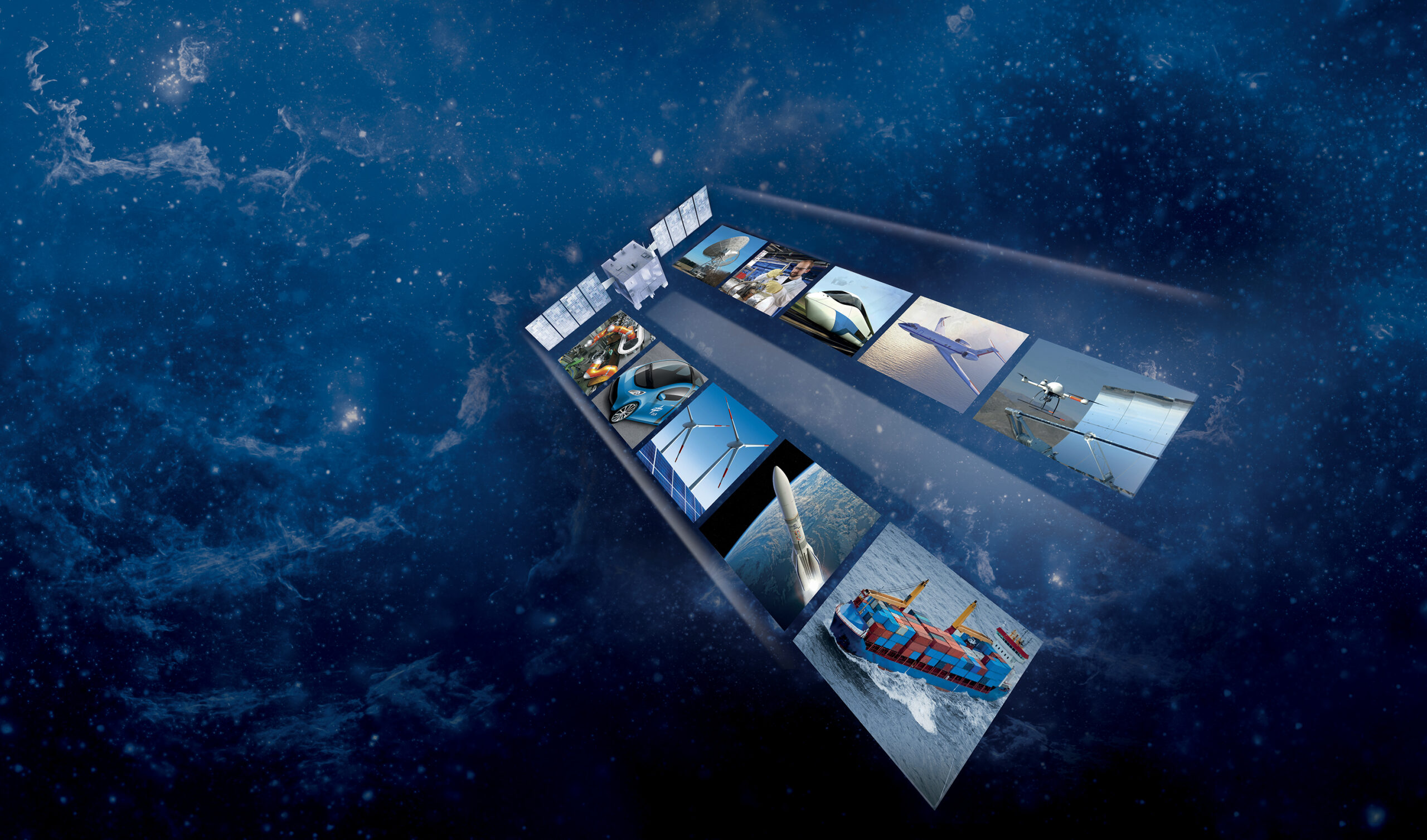
INNOspace Masters Award Ceremony
Published on Thu, 29.07.2021 – 14:51 CEST in Awards, covering ESAAlready on June 24, 2021, the INNOspace Masters conference and award ceremony was to take place as a hybrid event. The hygiene concept provided for all participants to take a Corona rapid test on site. One of these tests turned out to be positive. Due to the regulations in force, all first-degree contact persons had to go into quarantine immediately. As a result, the entire event was cancelled. Now it was made up for as a purely virtual event.
The conference was opened by Dr. Walther Pelzer, member of the Executive Board of the German Aerospace Center (DLR). Afterwards, the Director General of ESA Josef Aschbacher talked in his keynote about strengthening a sustainable NewSpace Economy in Europe. Thomas Jarzombek, the German government's coordinator for German aerospace, addressed the importance of an innovation-driven space economy for Germany.
The next item on the program was the presentation of the finalists. From October 30, 2020, to February 12, 2021, they could choose to participate in one of five challenges. In short presentations, they now had the opportunity to present their concept or idea once again in summarized form. After a lunch break, the prizes were awarded in the individual challenges.
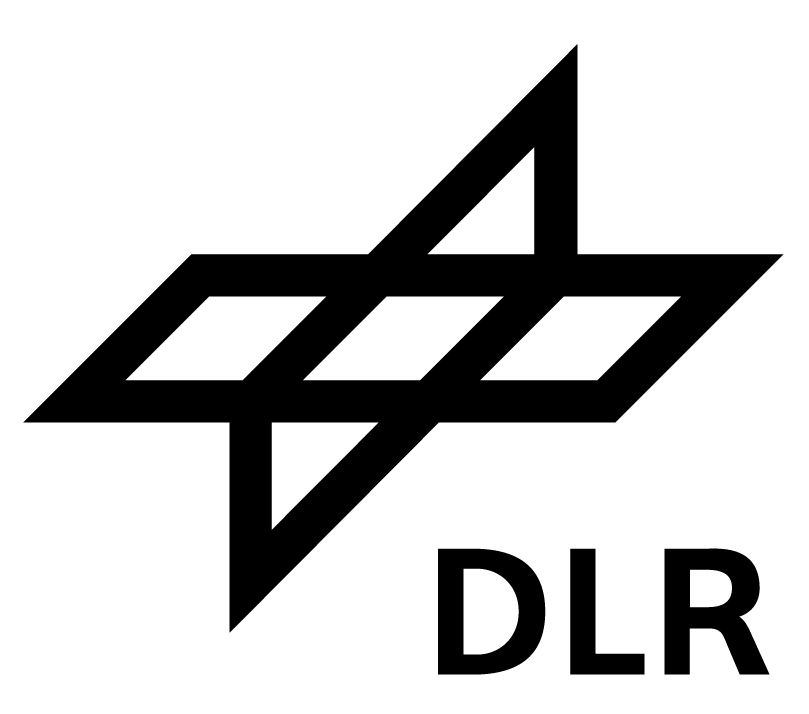
DLR Challenge
What was it about?
Innovative ideas and concepts for improved technologies, processes and applications were sought, based on knowledge and technology transfer through the exchange of knowledge between space and other industry sectors. The focus was on:
- Digital sustainability and security in space (e.g., protection from cyber-attacks such as GNSS spoofing, provision of secure communications services, space weather resilience, etc.).
- Resource-saving approaches in space and on Earth (e.g., reusability, alternative fuels, reduction of redundancy and testing effort, process optimization, etc.).
What was there to win?
If the application is approved, the winners will receive a grant from the "National Program for Space and Innovation" as an individual or joint project. The funding amount per winner is up to 400,000 euros.
Who was allowed to apply?
- Companies (especially SMEs)
- Universities
- Non-university research institutions
The winners of the DLR Challenge
3rd place
SpaceFlow
Jan Girschik, Fraunhofer UMSICHT
2nd Place
TOMOPLEX
Alexander Hilgarth, Prof. Sergio Montenegro, Julius-Maximilians-Universität Würzburg
1st Place
QuVeKS
Dr. Tobias Vogl, Institut für Angewandte Physik, Friedrich-Schiller-Universität Jena
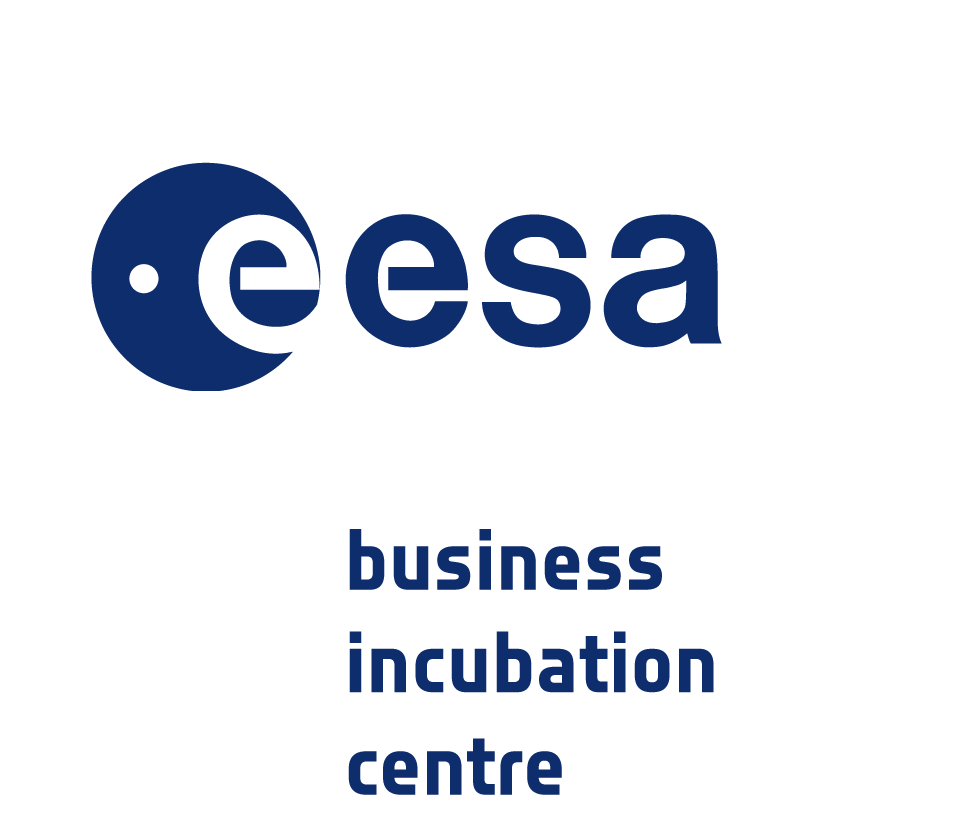
ESA/BIC-Challenge
What was it about?
The search was on for new ideas and business models for technology transfer from Earth to space and vice versa. For example:
- Mobility applications and solutions
- Innovative optimization solutions
- Increased efficiency and customer-oriented solutions
- Components or subsystems
- all other ideas for the space sector
What was there to win?
The winning proposal will receive a comprehensive support package tailored to the specific implementation requirements. Among others: Support in transforming the business concept into an actionable business plan and in applying to one of ESA BIC's facilities in Germany. If the application is successful, there will be funding of 50,000 euros. In addition, the winning proposal will gain access to a Europe-wide network of experts who can advise on both technological and business aspects.
Who was allowed to apply?
- Startups
- Research teams
- Students
- Individuals
Die Gewinner der ESA/BIC-Challenge
3rd place
Micro G Scope
Jorge Remírez Miguel, Alfredo Martinez Ramirez, JMP ingenieros SL
2nd Place
SISSI
Marcus Witt, Metrom Mechatronische Maschinen GmbH
1st Place
Intelligent system maintenance and power monitoring
Katharina Ostaszewski, PhySens GmbH, TU Braunschweig
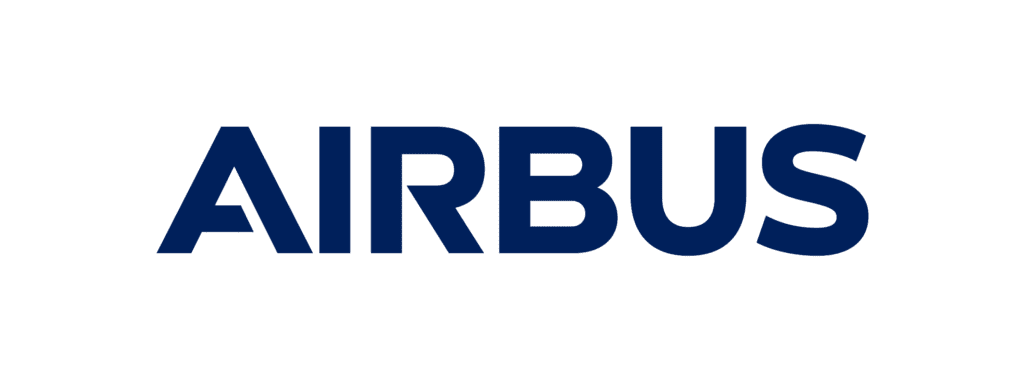
Airbus-Challenge
What was it about?
The search was on for exceptional hardware, industrial processes, application fields or business models that have a long-term positive impact on everyday life with reference to space. The focus was on solutions that enable sustainable infrastructures on Earth and in space, for example (but not exclusively) for the following topics:
- Mobility
- 5G connectivity and IoT/M2M
- Agriculture, life science and health
- Microgravity Science
- Materials Research
- New technologies and services
What was there to win?
The winner will receive a customized support package from Airbus for their idea. This includes access to Airbus experts, the opportunity to apply to Airbus Ventures and/or Airbus BizLab Accelerator, the opportunity to apply for a crowd-investing campaign and proposal development for a mission (with the goal of a joint application for public funding). In addition, all finalists will receive prize money of €3,000 (1st place), €2,000 (2nd place), and €1,000 (3rd place).
Who was allowed to apply?
- Research & Industry
- Start-ups
- SME
- Individuals
Die Gewinner der Airbus-Challenge
3rd place
ALReCo
Frank Koch, Orbit Recycling
2nd Place
A versatile approach to cloud-free optical satellite data
Morten Fjord Pedersen, Malthe Dahl Jensen, ClearSky Vision
1st Place
DigiFarm
Nils Helset, Konstantin Varik, DigiFarm AS

OHB-Challenge
What was it about?
The OHB Challenge was designed to identify new ideas for more sustainable space solutions in the future - from new concepts to competitive solutions. Among other things:
- Ideas and concepts for cost reduction and efficiency in the manufacturing of new space systems;
e.g., robotic systems, automation, propulsion systems, etc. - Technologies for better use of space infrastructure;
e.g., applications and services for space technology, cryptography, cloud operations, cyber security. - Ideas for space commercialization, exploration, experimentation - and any other idea for sustainable space exploration
What was there to win?
The first place winner(s) will receive support from relevant experts from the OHB Group and opportunities for cooperation at European level via OHB Group companies. In addition, the opportunity to benefit from joint technology development programs, pitch to OHB Venture Capital and get to know the OHB Group and the space community at a trade fair. First place also received a prize of EUR 6,000.
Who was allowed to apply?
- Research & Industry
- Start-ups
- SME
- Individuals
Die Gewinner der OHB-Challenge
3rd place
DLTEO
Ignaty Romanov-Chernigovsky, DLTEO GmbH
2nd Place
Sustainable space propulsion using water as fuel
Christian Stampa
1st Place
DEBRIS
Niklas Wendel, German Network of Young Scientists – juFORUM e.V.

DB Netze-Challenge
What was it about?
The competition was looking for innovations from the space industry that will make tomorrow's rail infrastructure even more efficient, robust and reliable through continuous condition monitoring, intelligent inspection processes and automation of maintenance. Innovative solutions were sought in the areas of:
- Predictive maintenance technologies for monitoring technical systems (such as tracks, switches and signaling)
- Self-sufficient power supply for sensors and signaling technology
- Fast acquisition, transmission and analysis of large amounts of data
- Materials to increase the service life of technical equipment
- Approaches to protect equipment (technology, tracks, overhead line, etc.) against the effects of weather, aging and wear and tear
- Digital models for the simulation of the physical infrastructure
What was there to win?
The winner of the challenge will have the opportunity to participate in a 100-day proof of concept project worth €25,000. In addition, there is exclusive access to the mindbox Accelerator Program of Deutsche Bahn AG, a mentoring program with experts from DB Netz AG for the further development of the business model and the presentation of the solution in a management board of DB Netz AG. The prizes for the three finalists are 500 euros (3rd place), 1,000 euros (2nd place) and 2,500 euros (1st place).
Who was allowed to apply?
- Research & Industry
- Start-ups
- SME
- Individuals
Die Gewinner der DB Netze-Challenge
3rd place
Monitoring of traffic routes by means of solar-electric powered microlight aircraft and novel multisensor 3D technology
Prof. Florian Siegert, Dr. Sven Schmid, 3D RealityMaps GmbH, Elektra Solar GmbH
2nd Place
AI-powered aerial image analysis for continuous infrastructure monitoring and predictive maintenance
Adrian Sossna, HACARUS INC.
1 Platz
Magnetic infrastructure monitoring
Henriette Struckmann, PhySens GmbH
PhySens as the big winner
The commercial spin-off from the Institute of Geophysics and Extraterrestrial Physics at the Technical University of Brunswick PhySens GmbH secured the title of Overall Winner in addition to two first places in the challenges.
